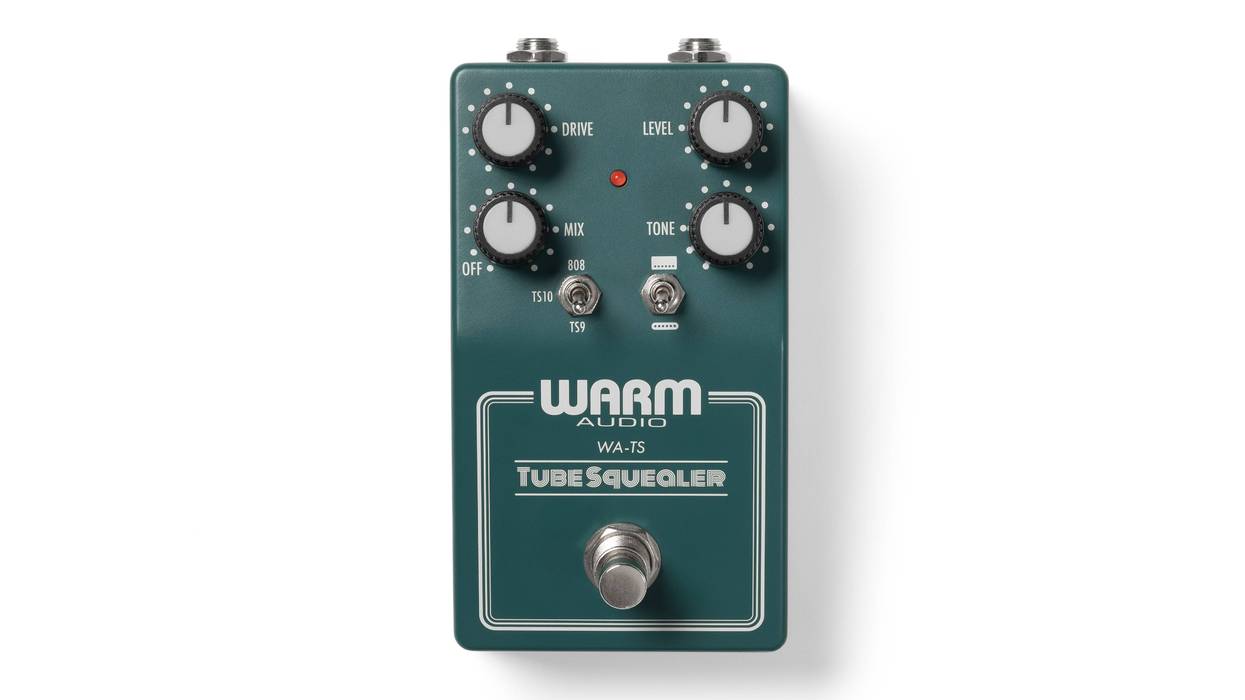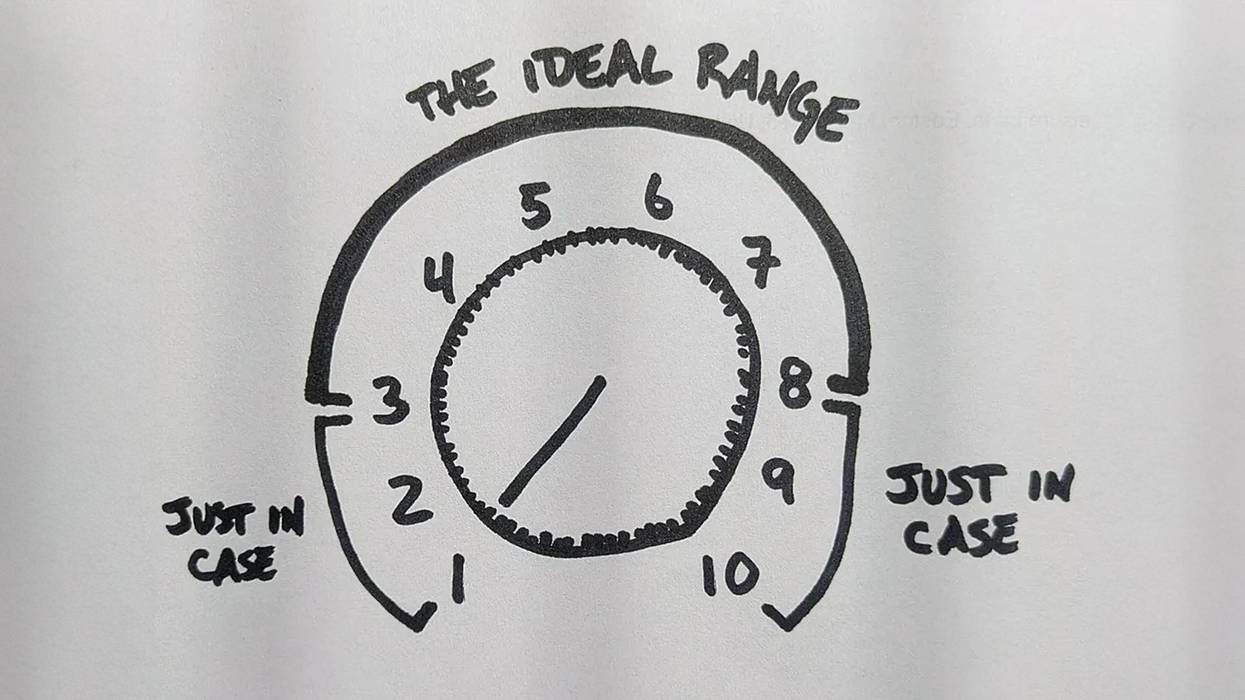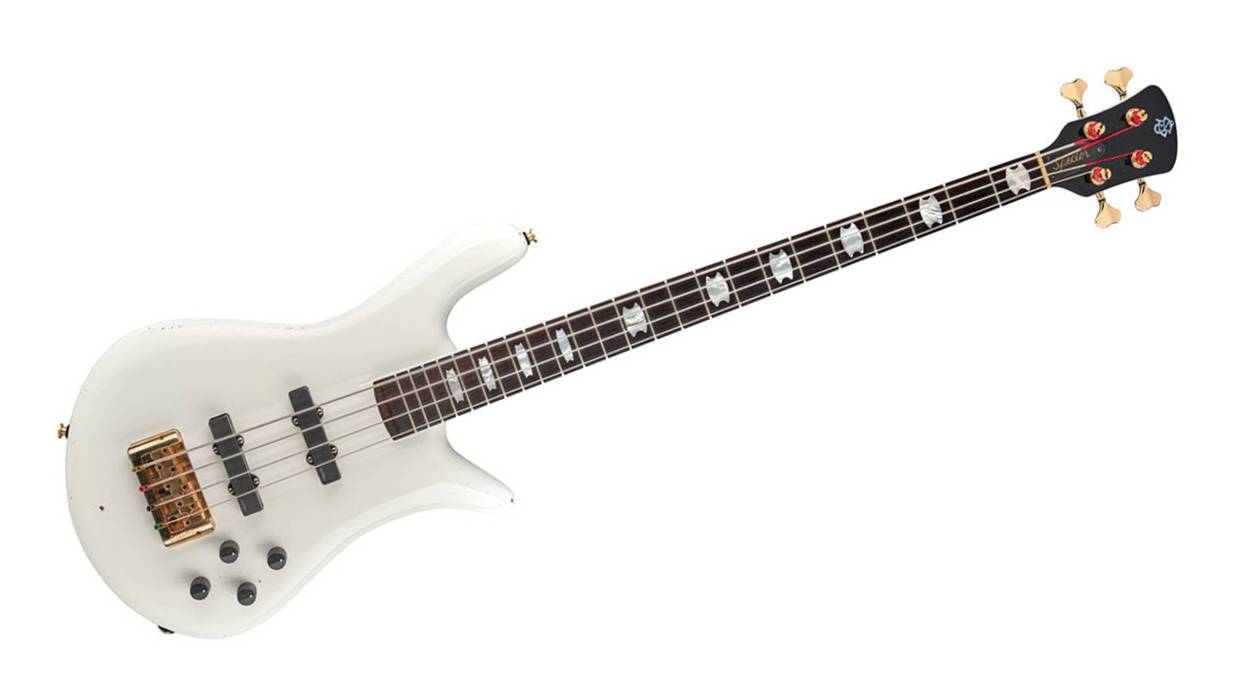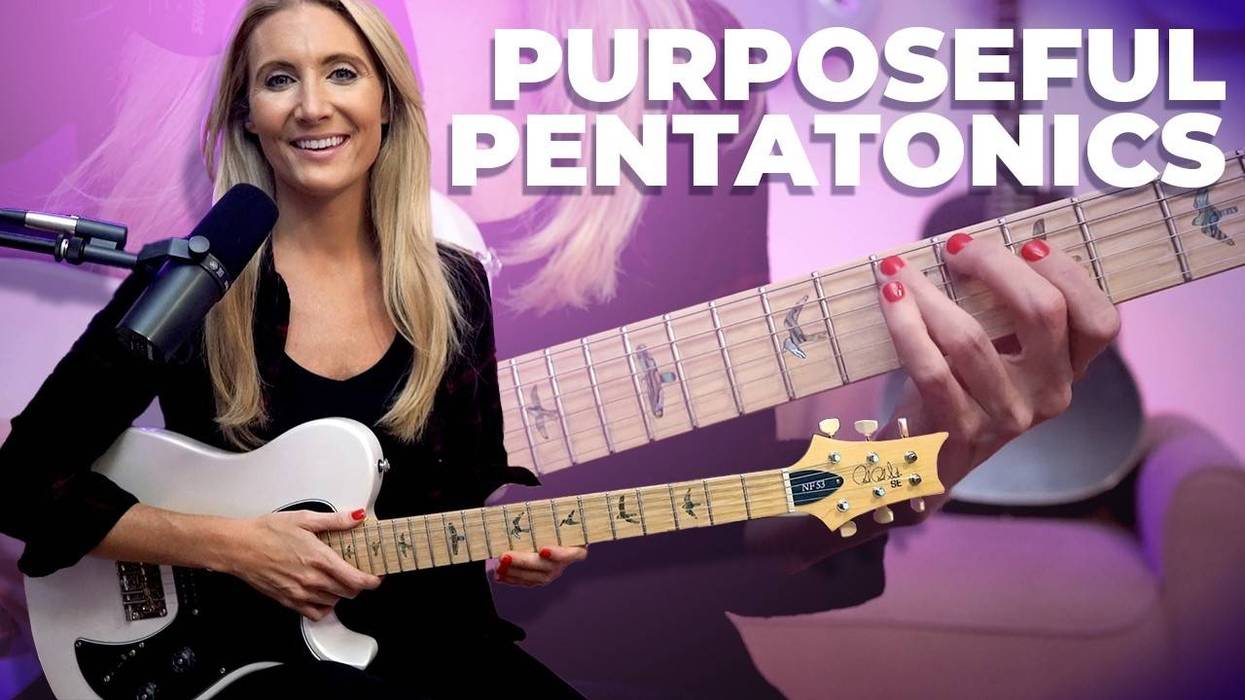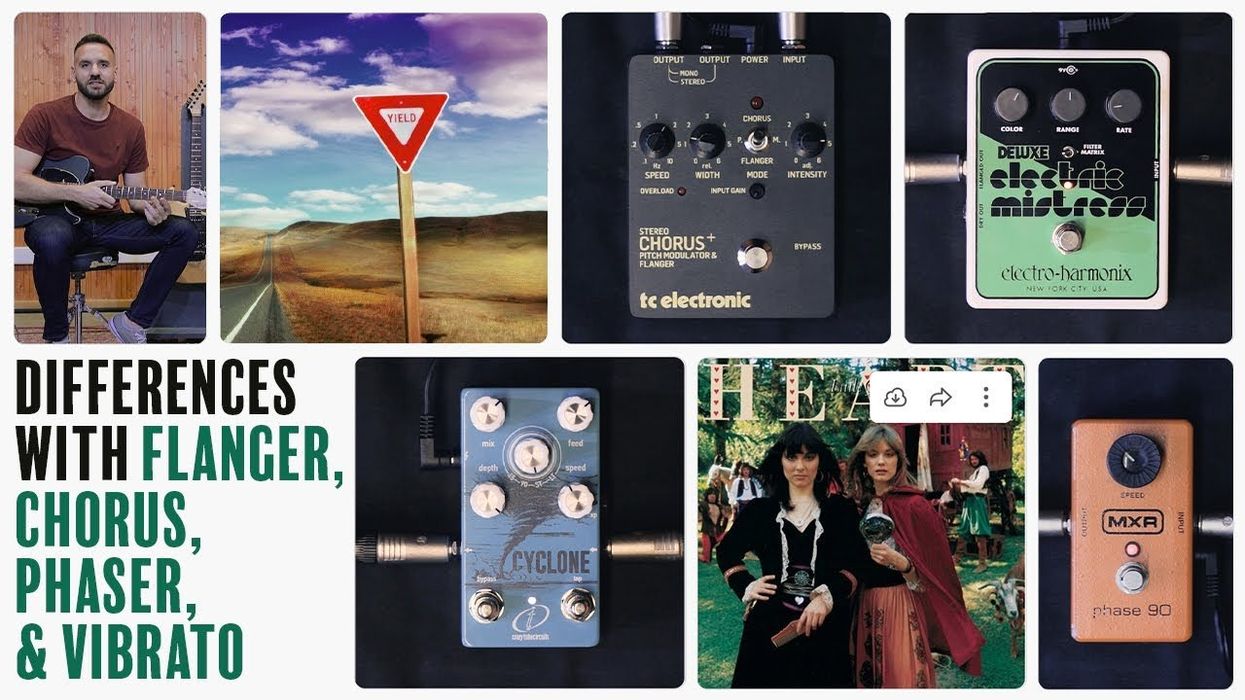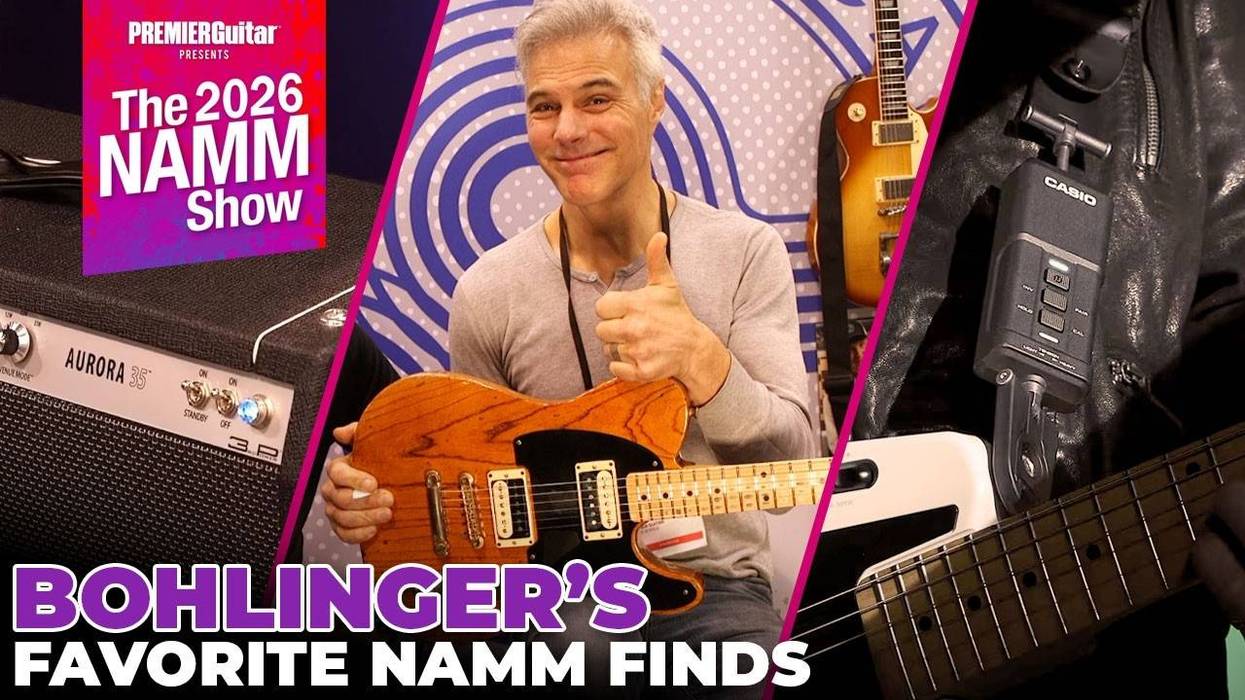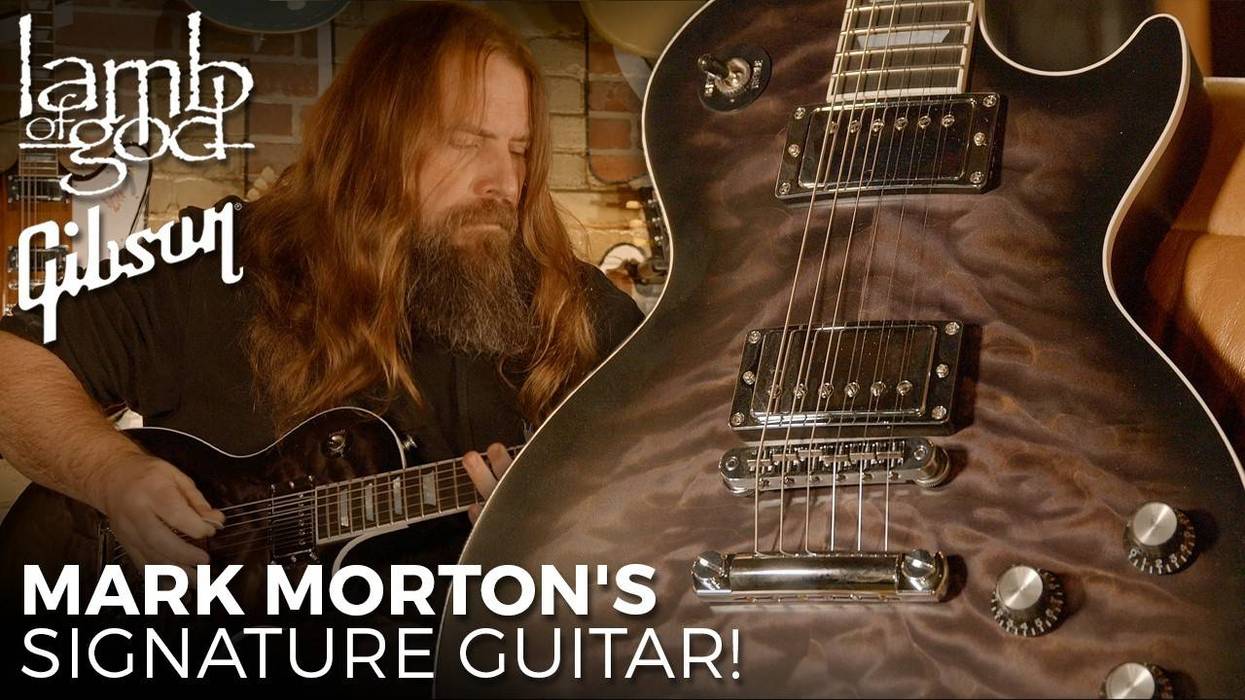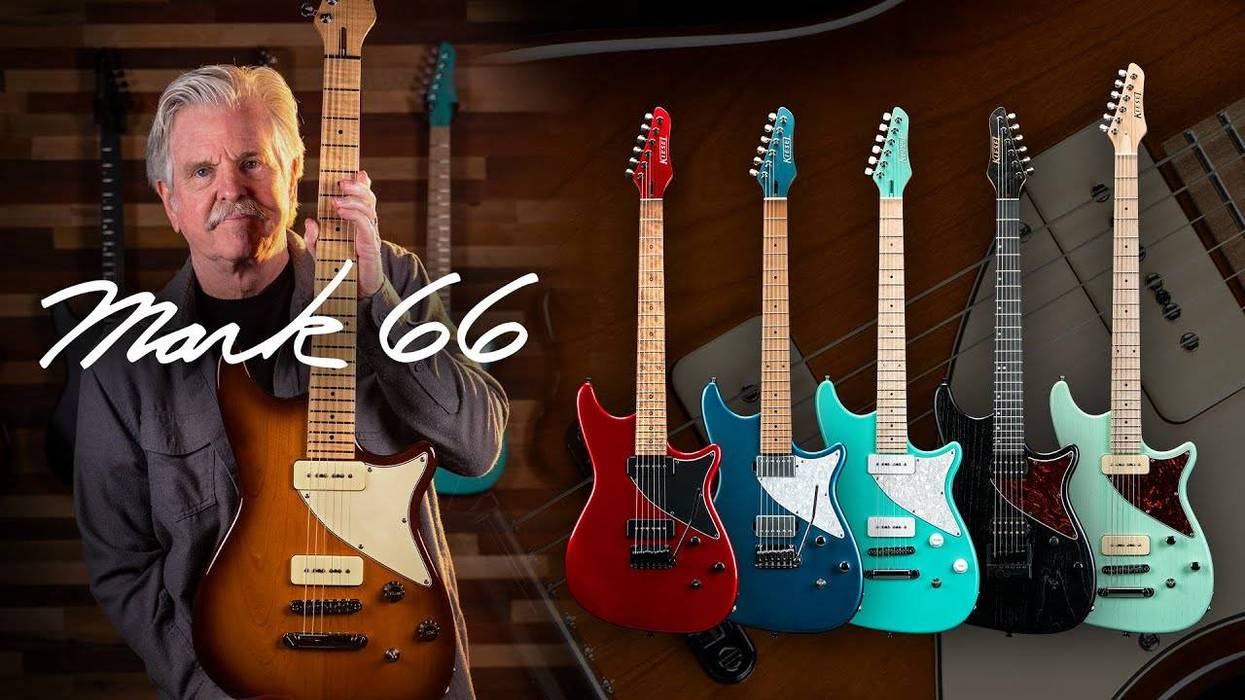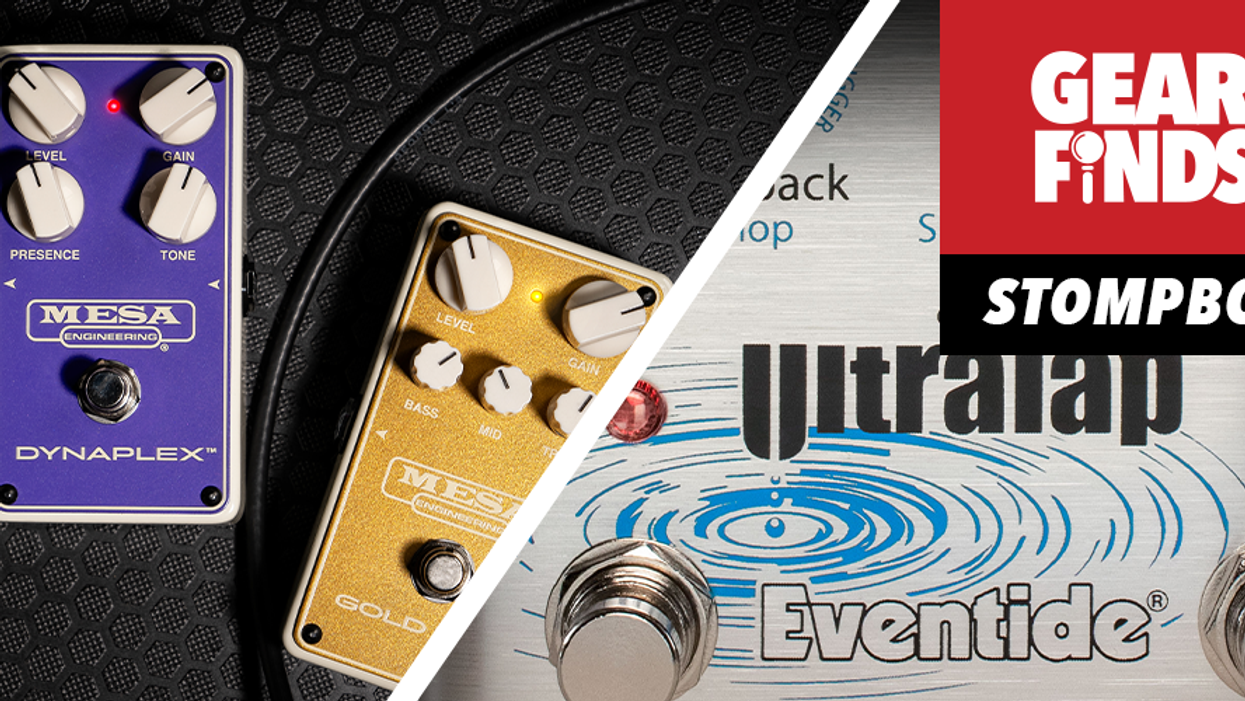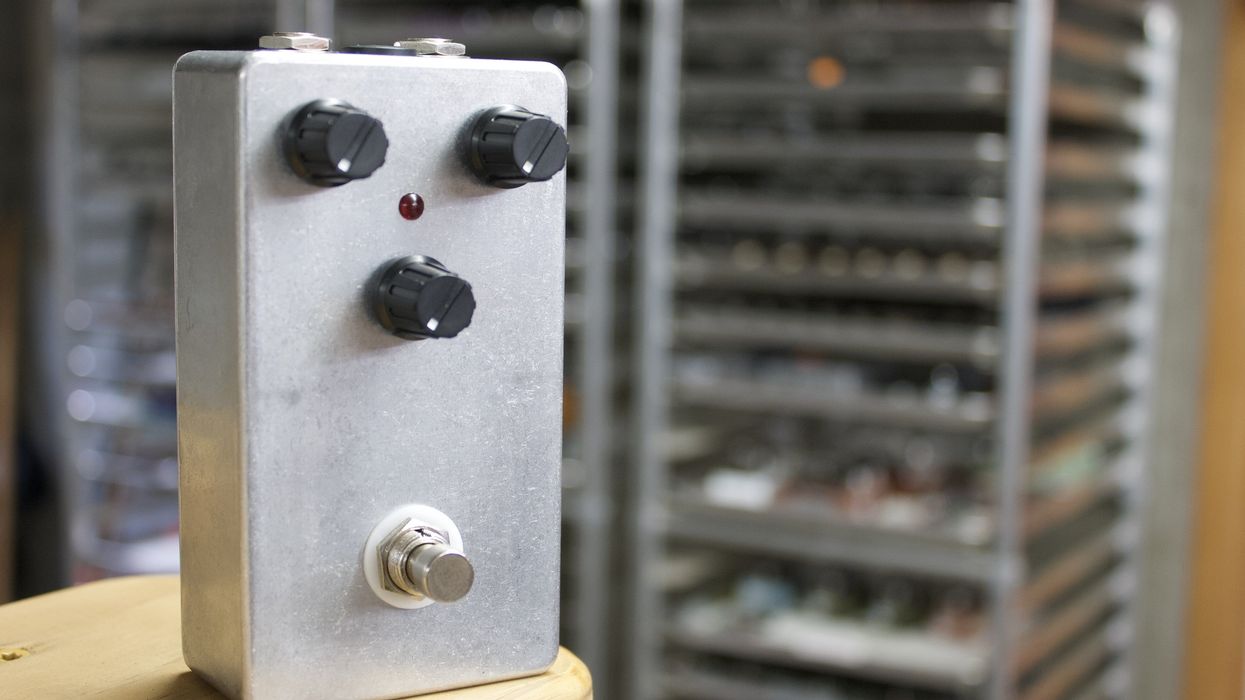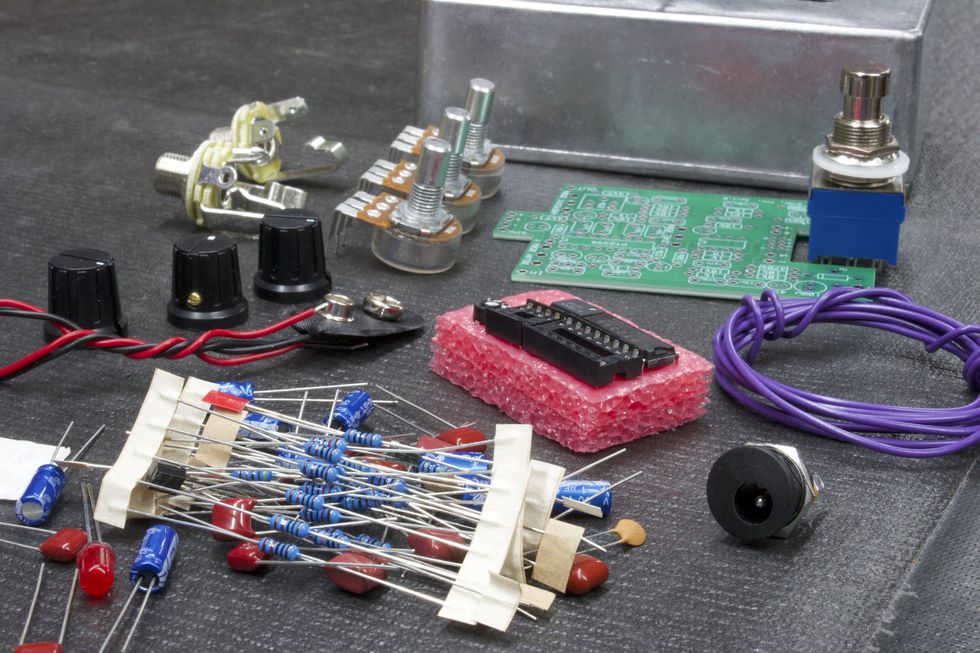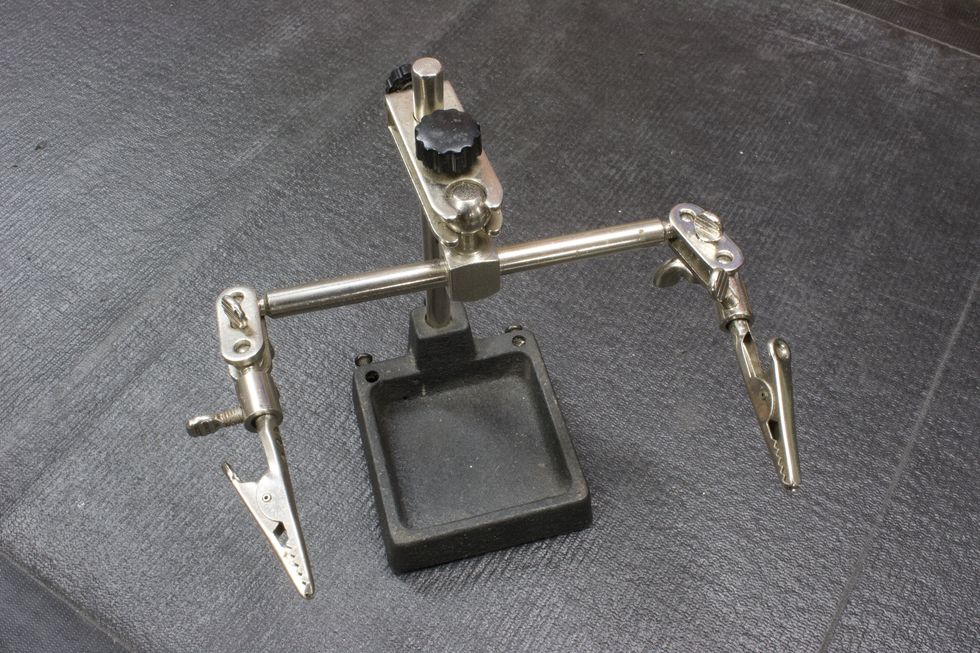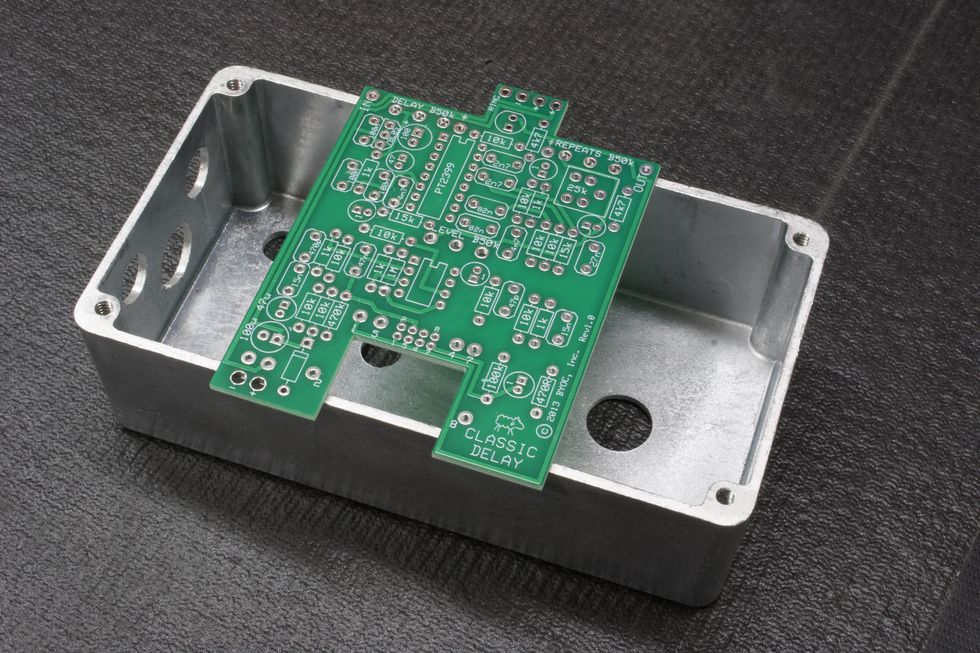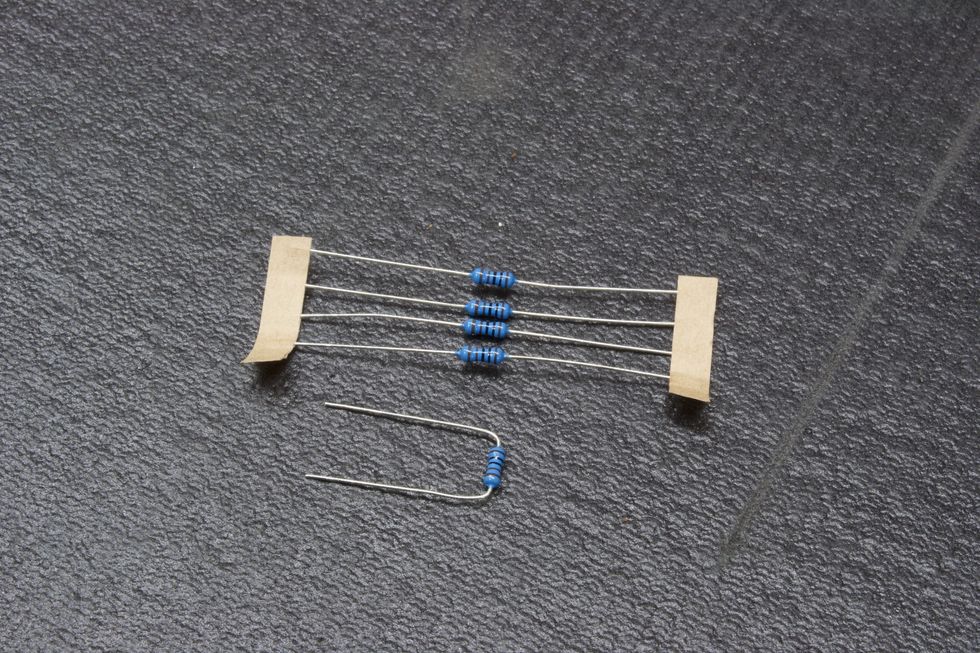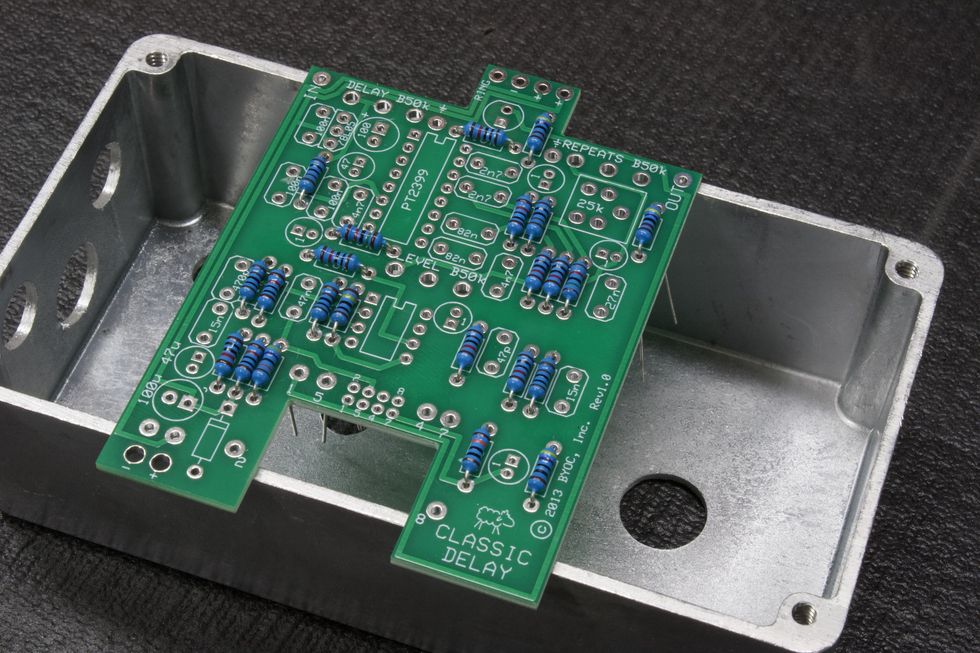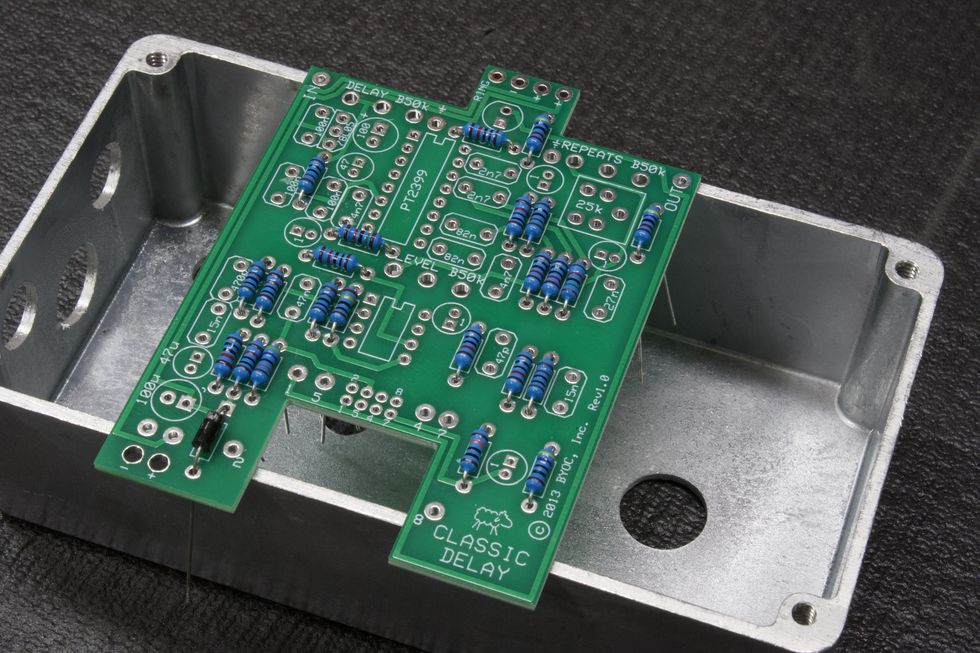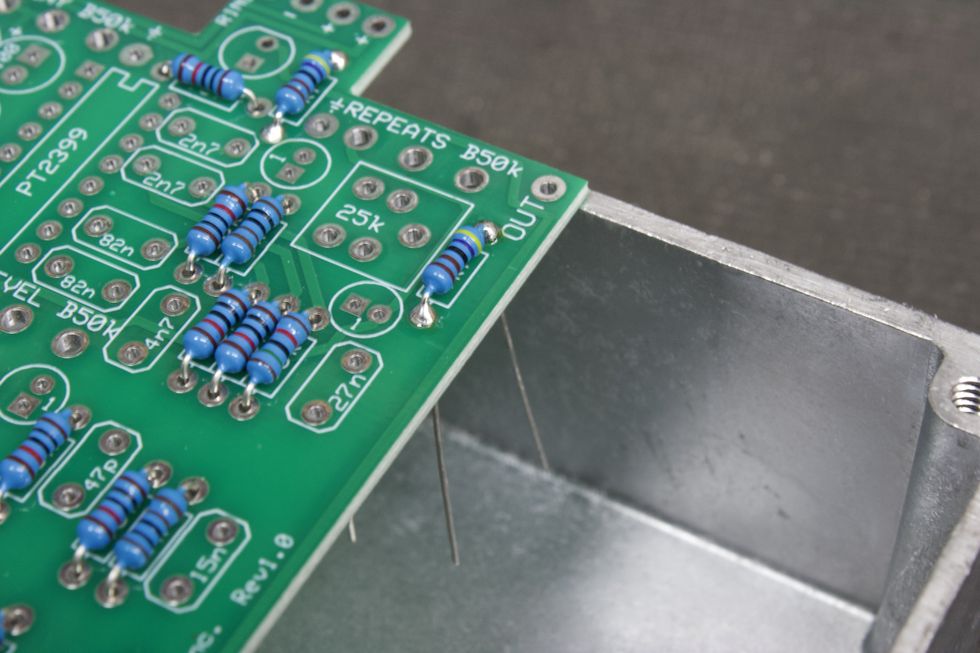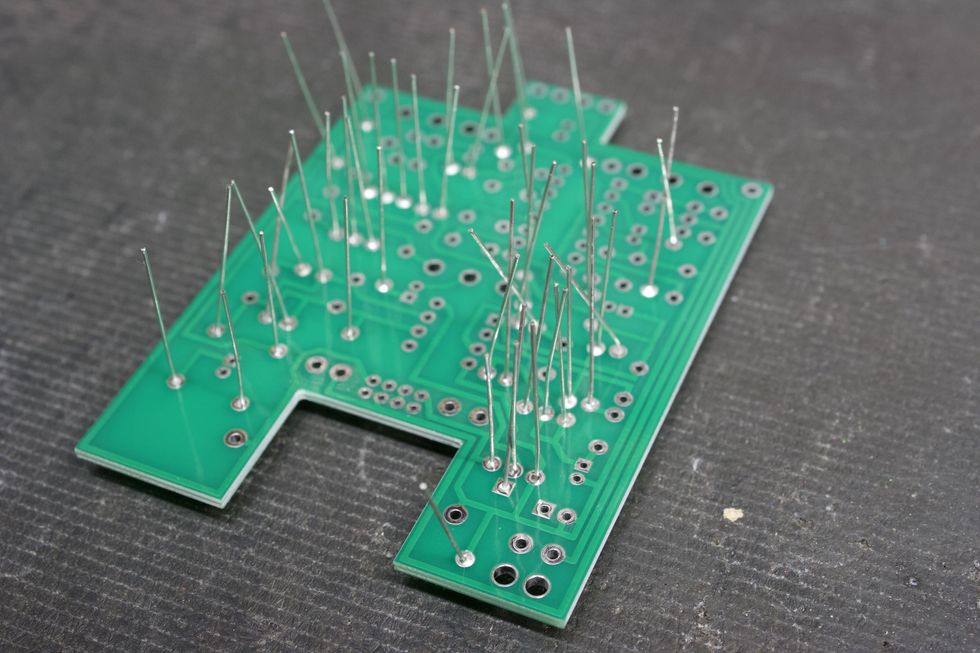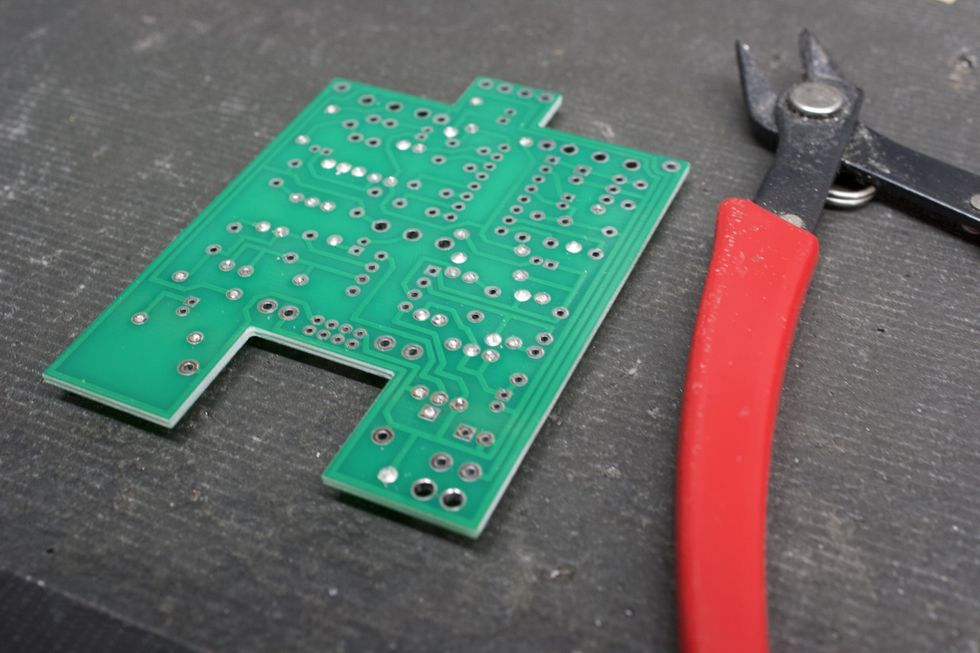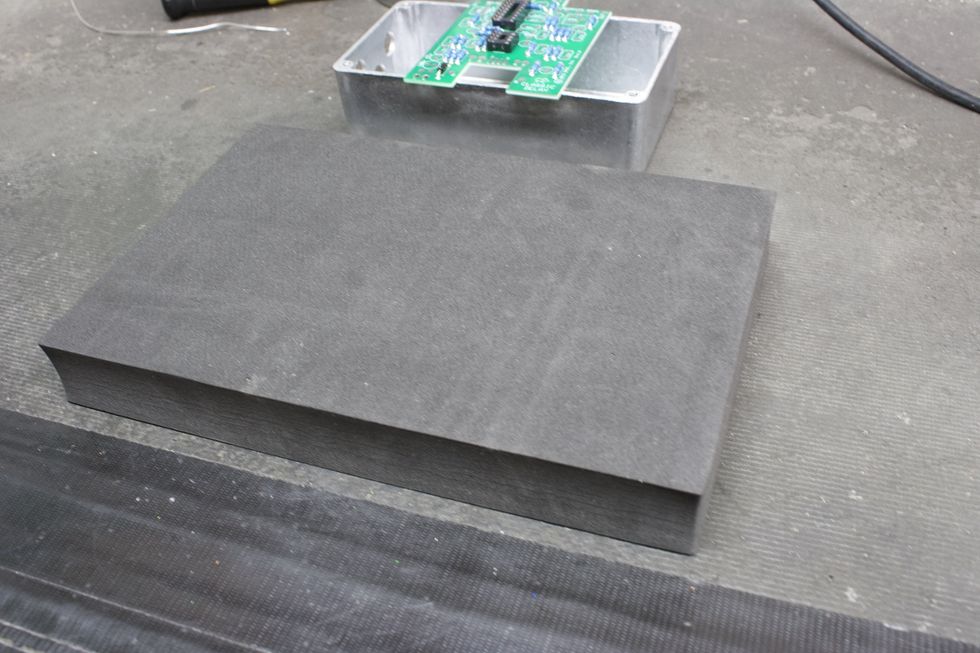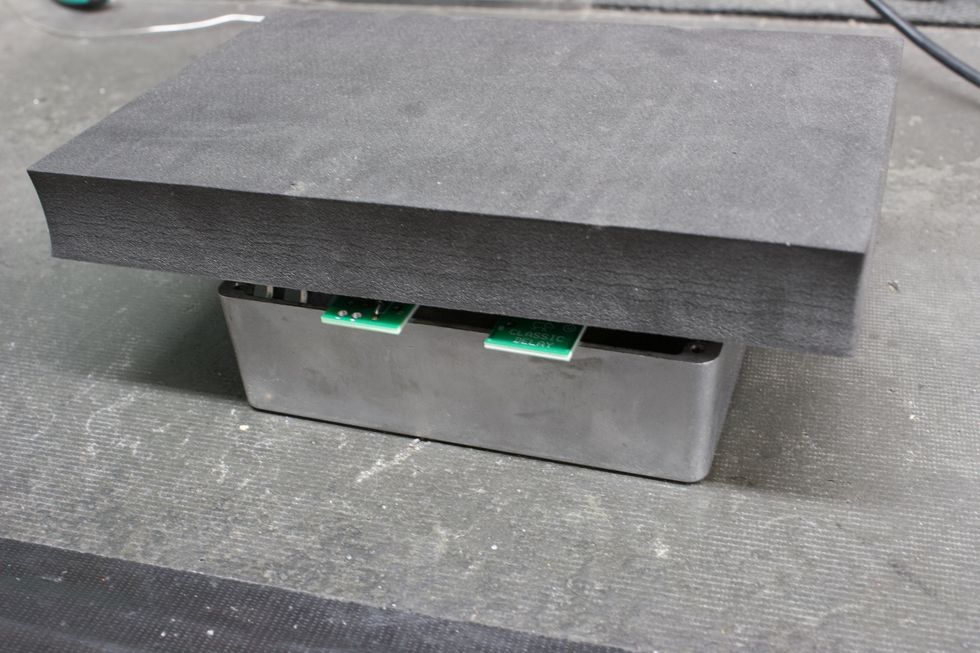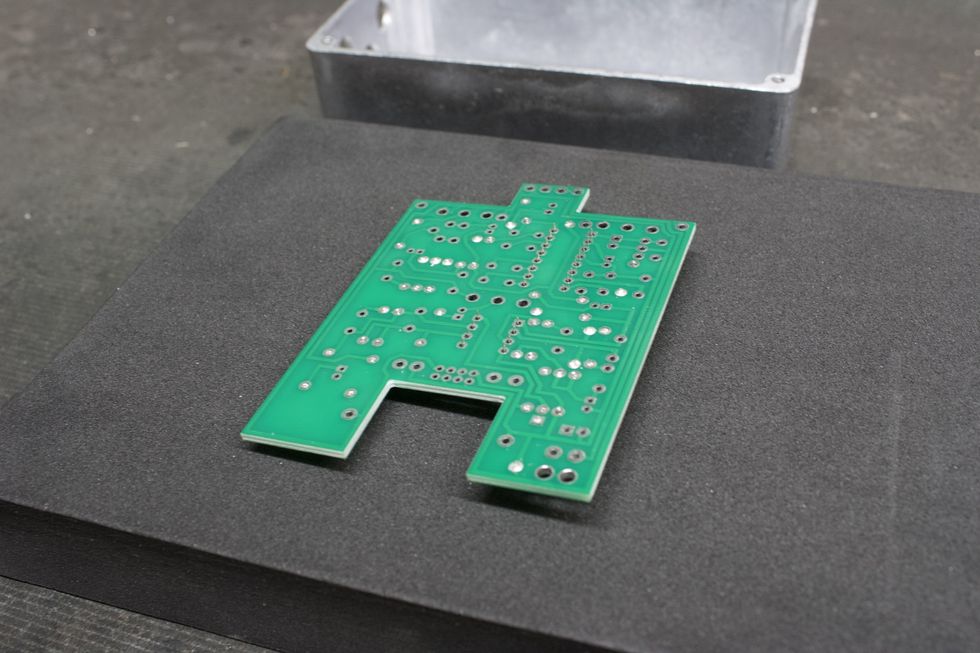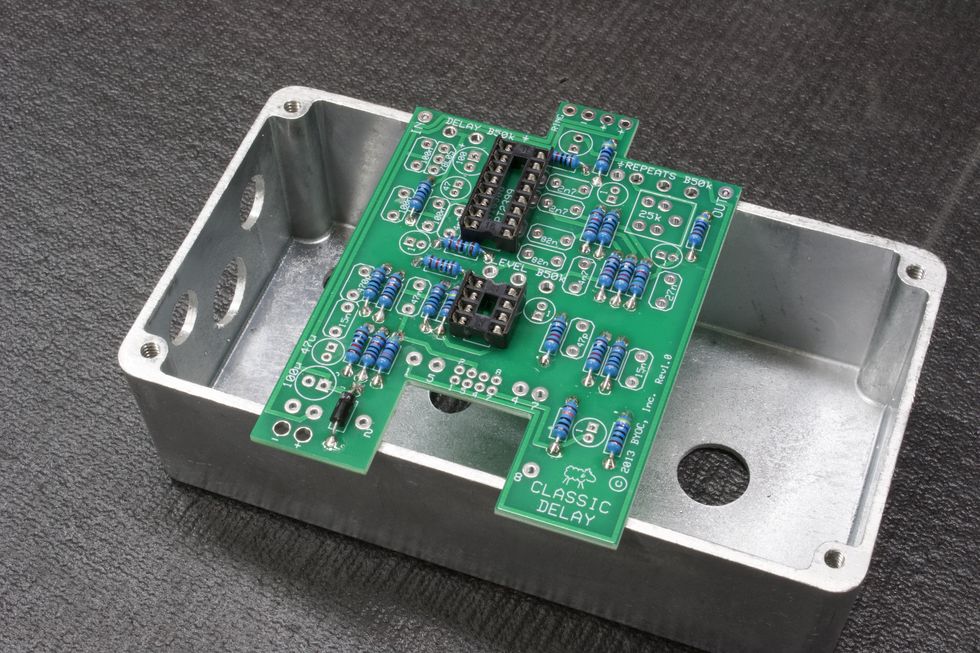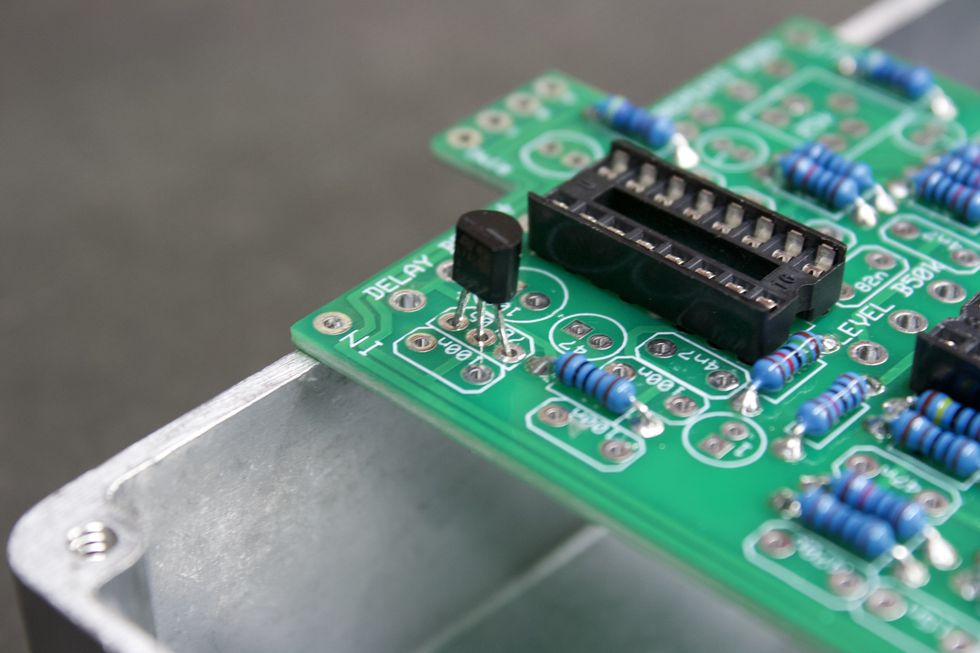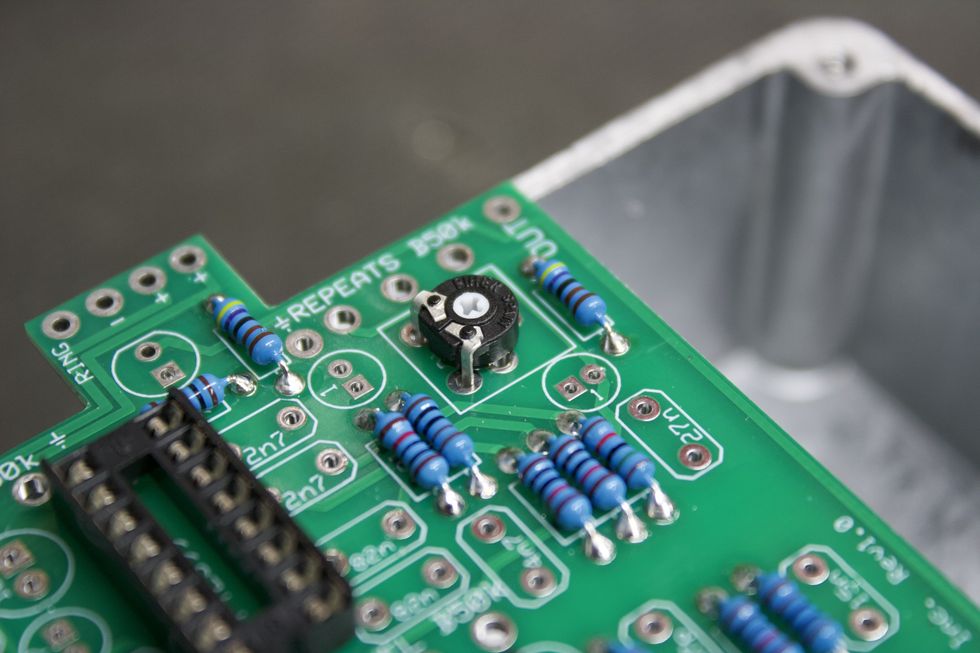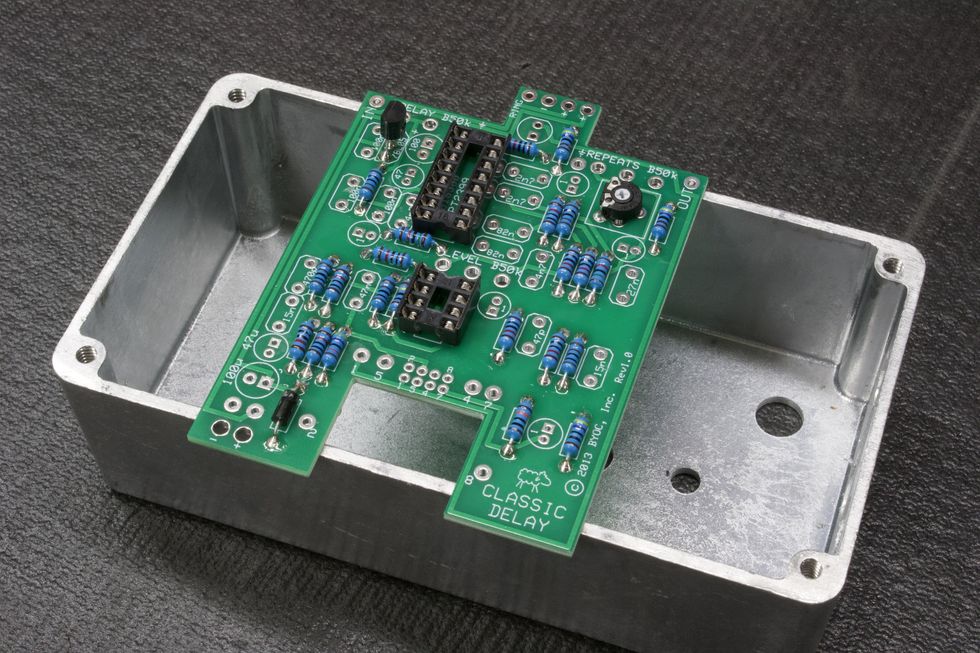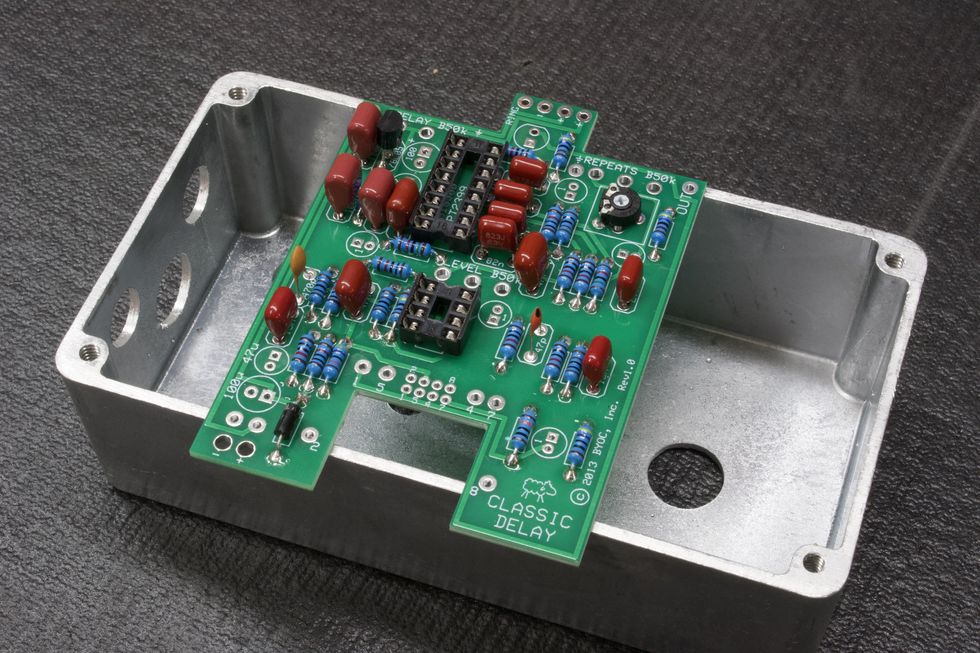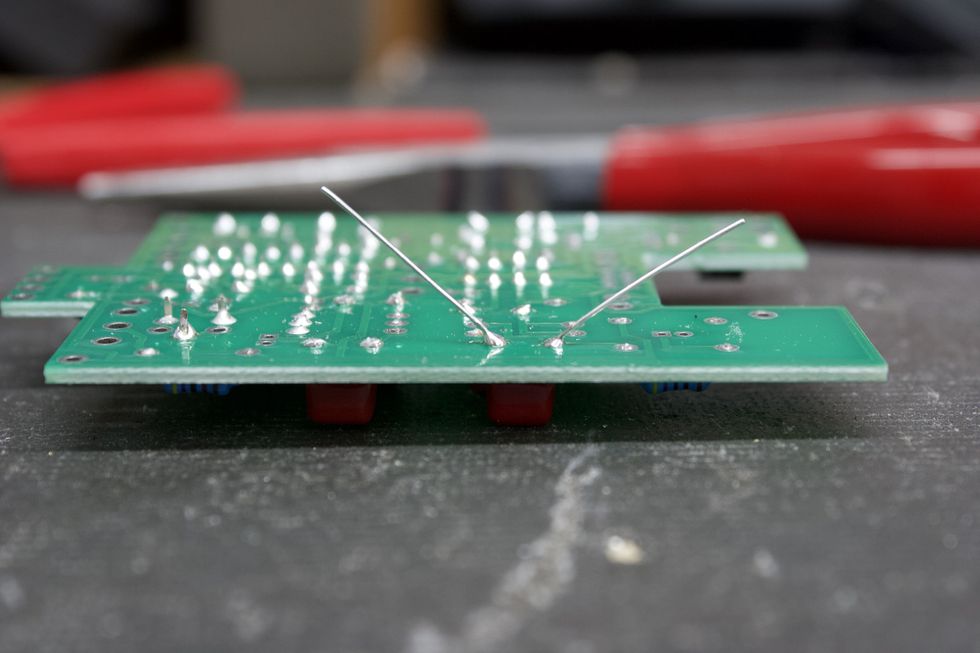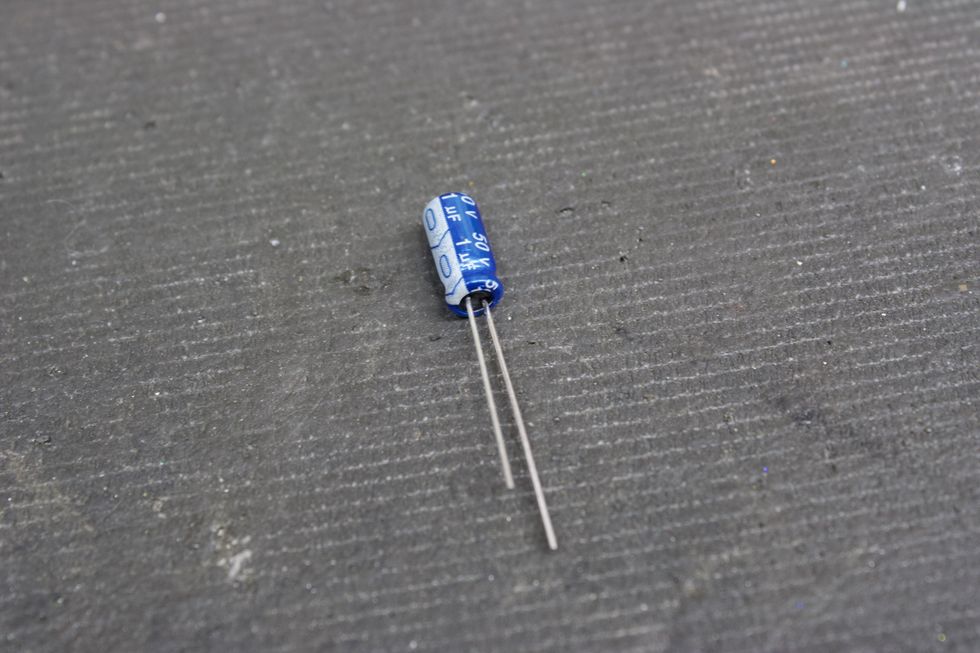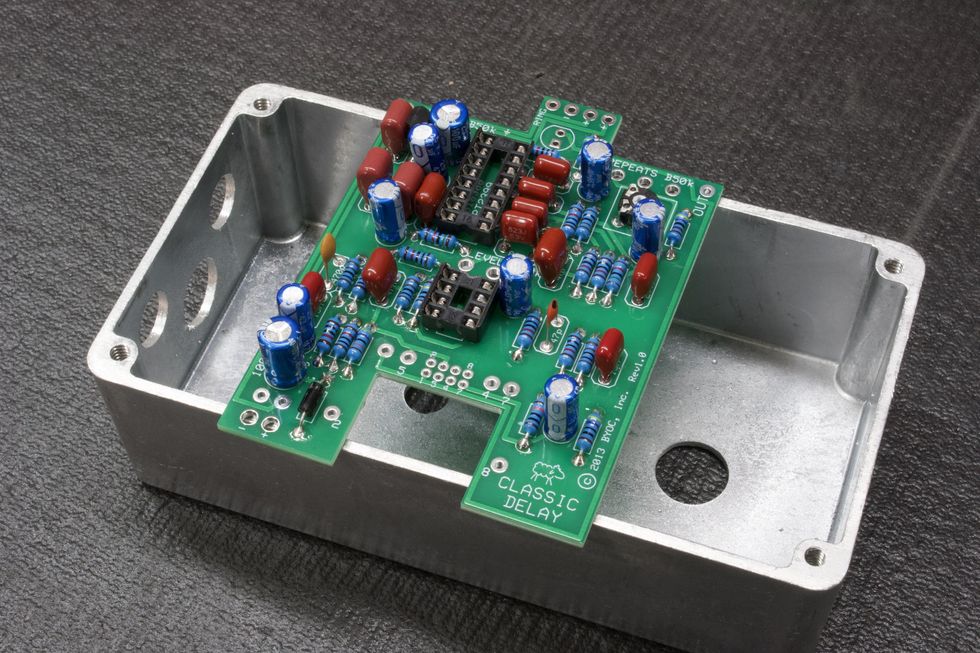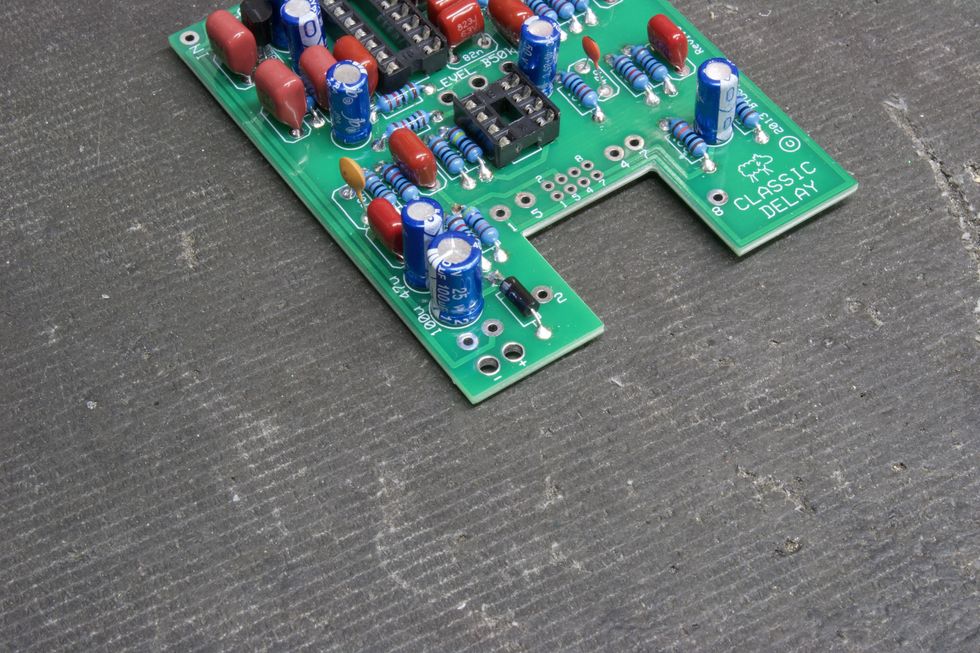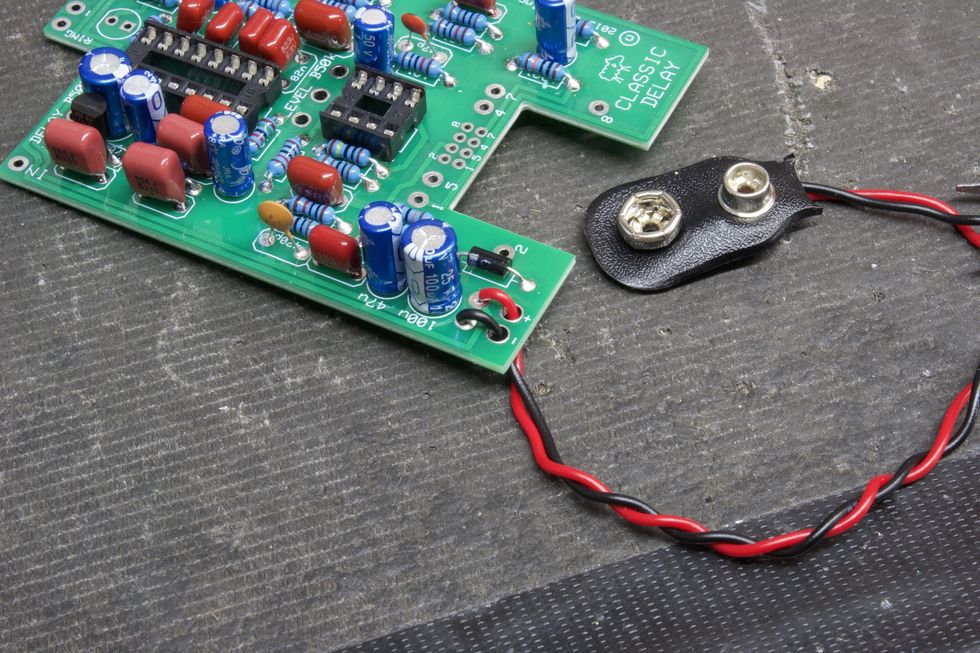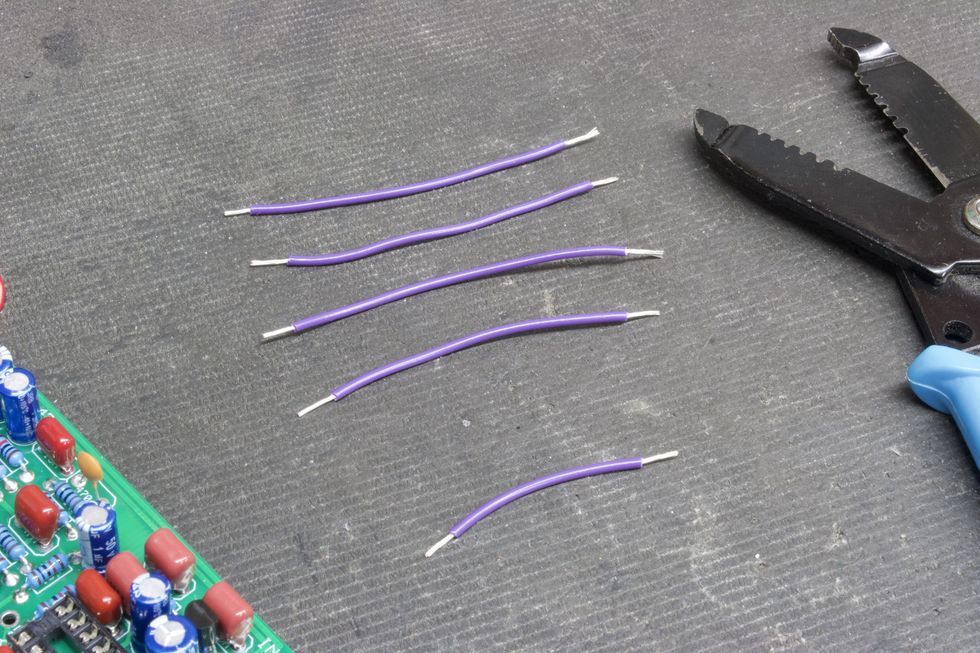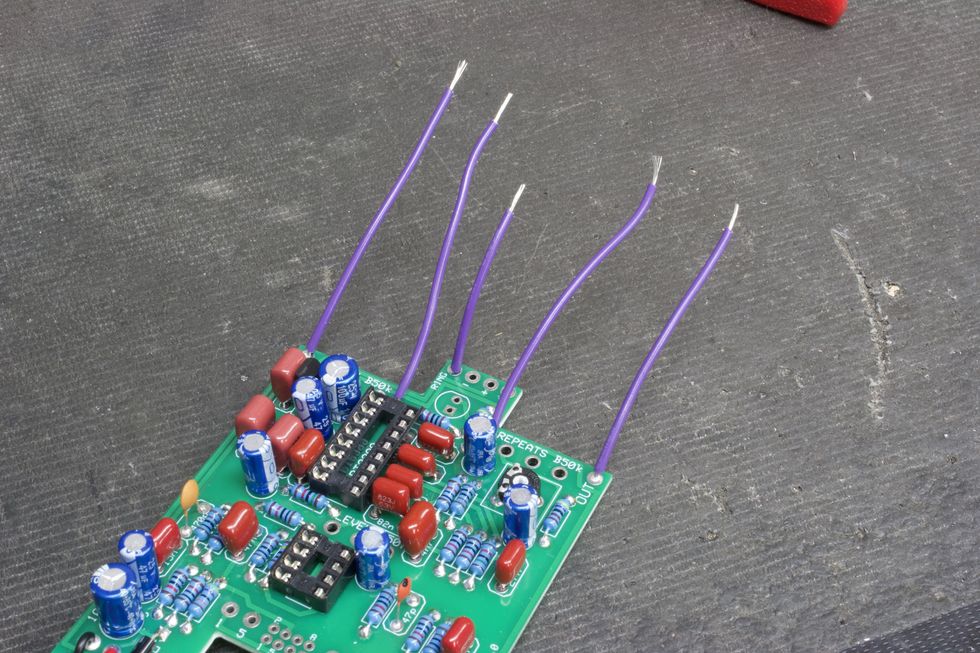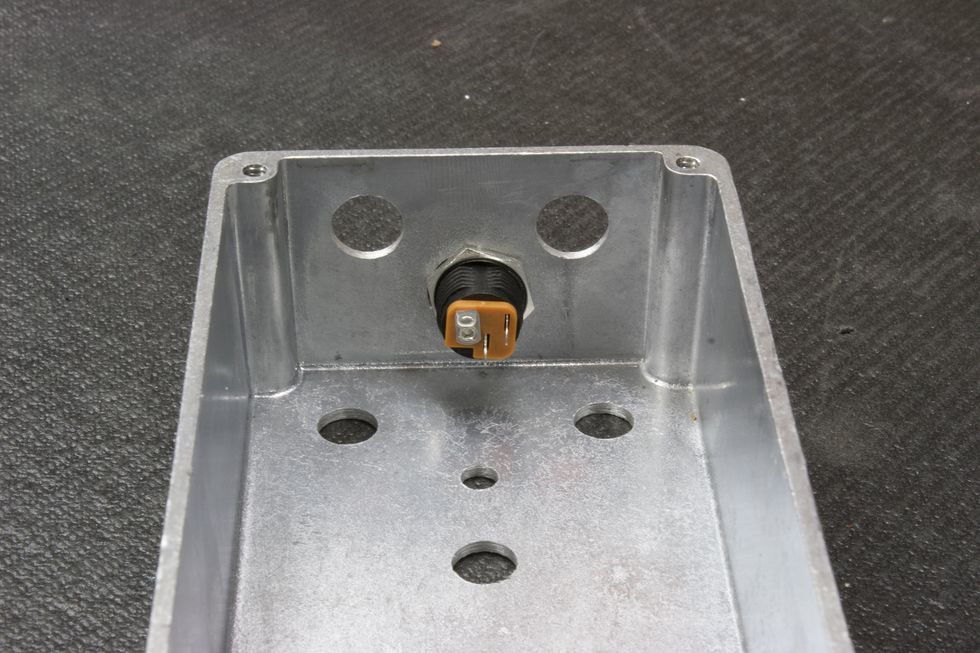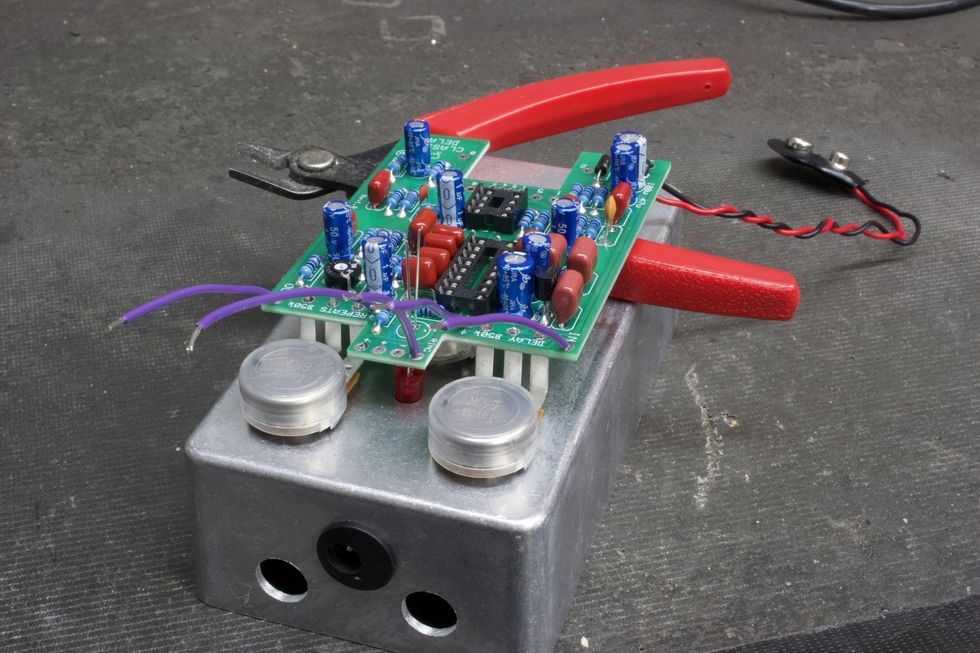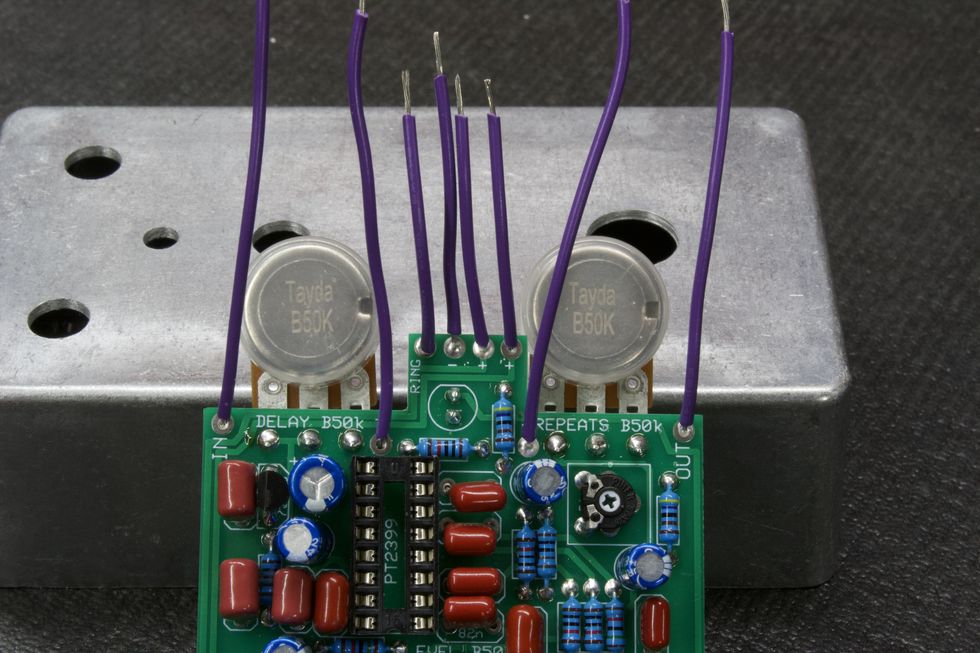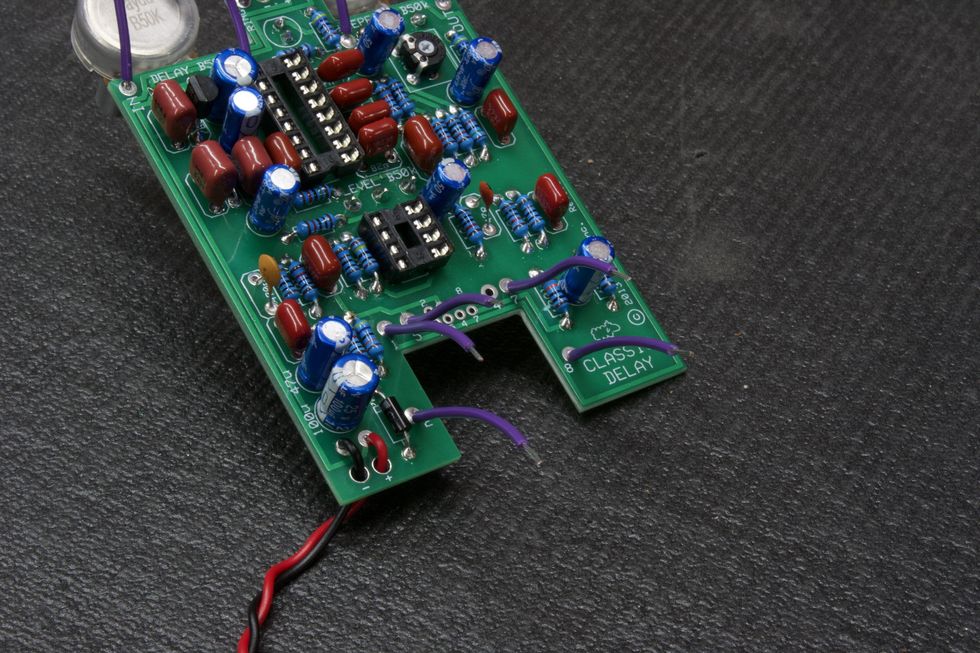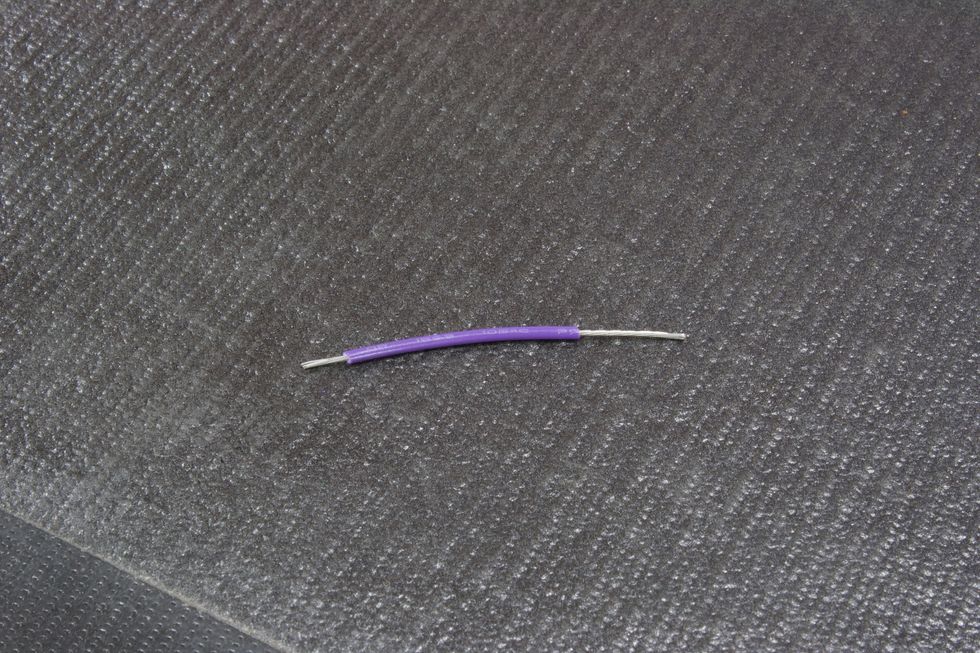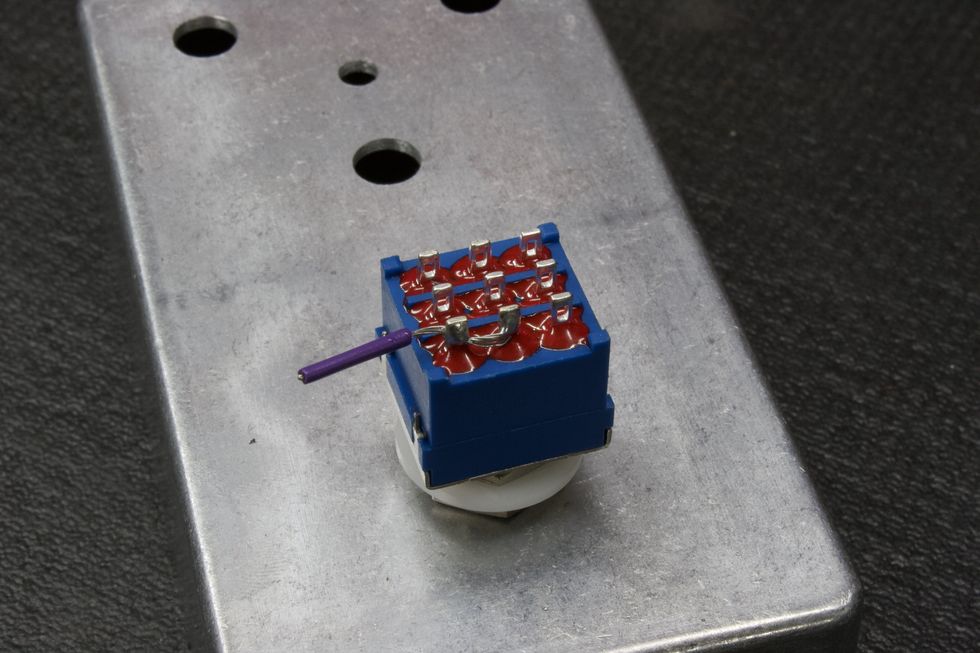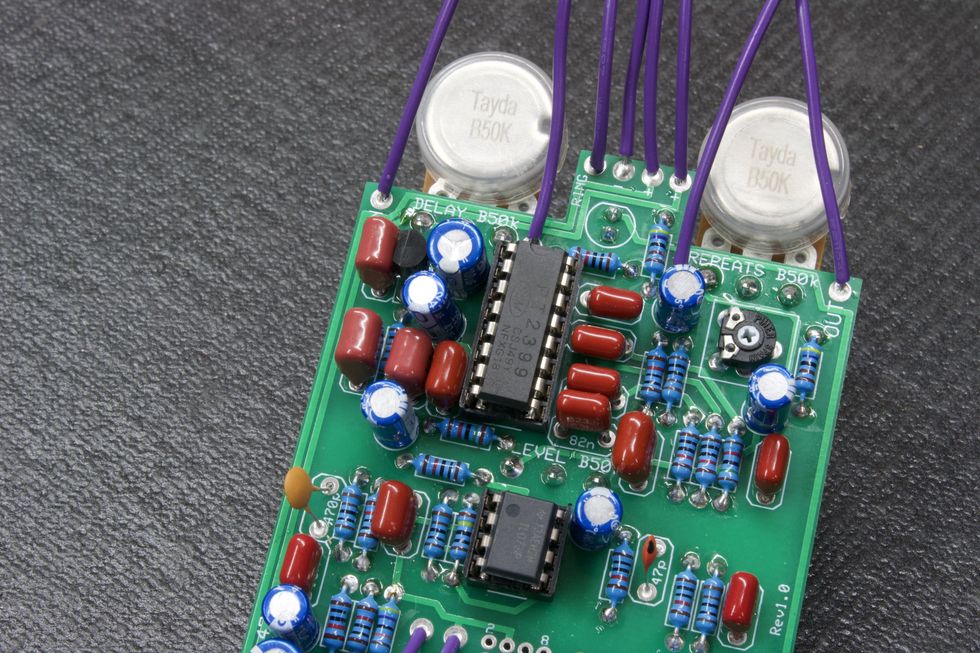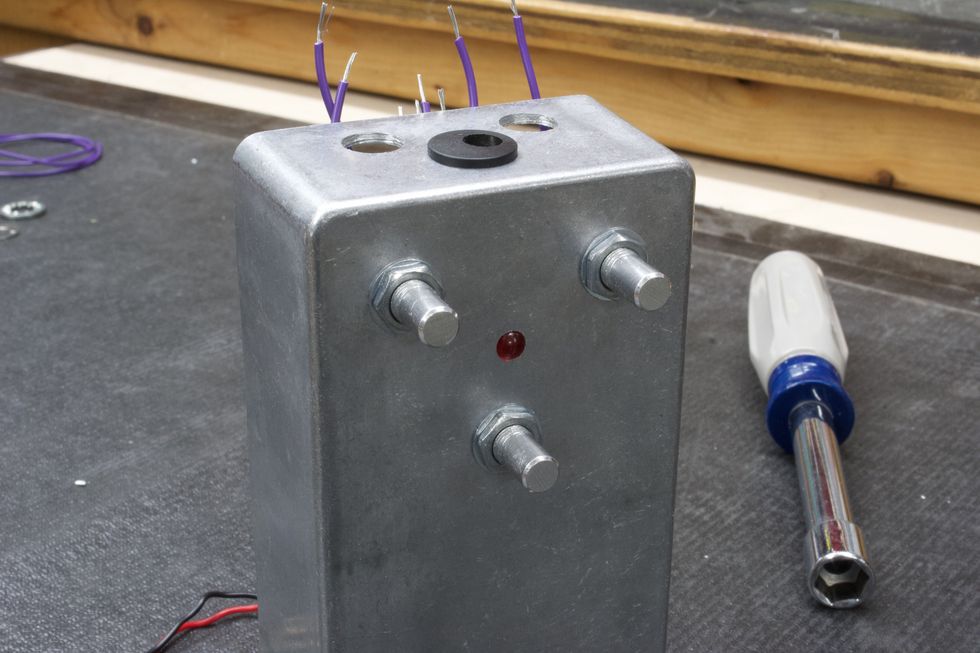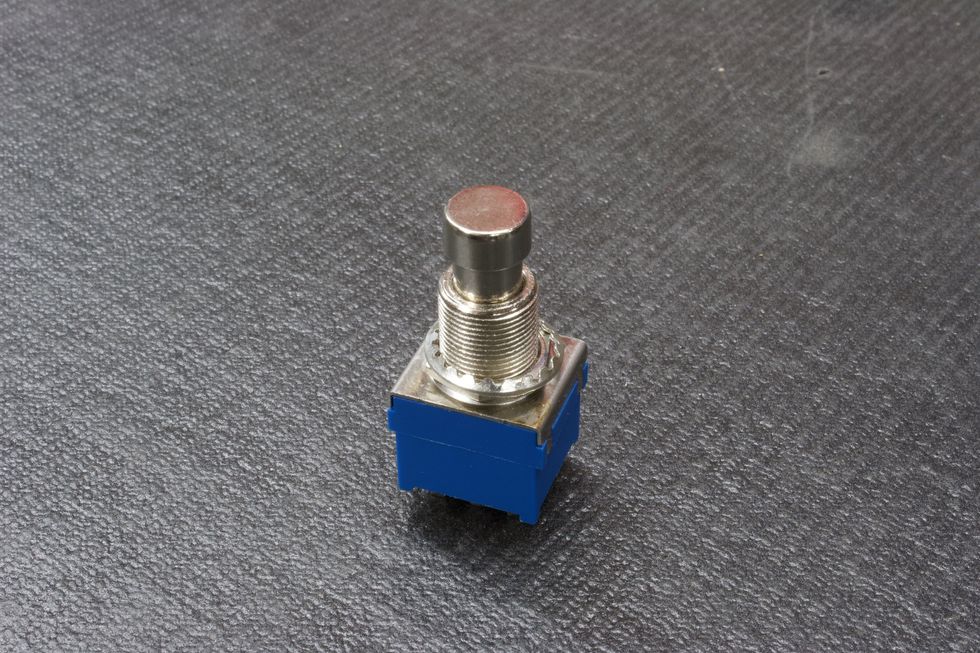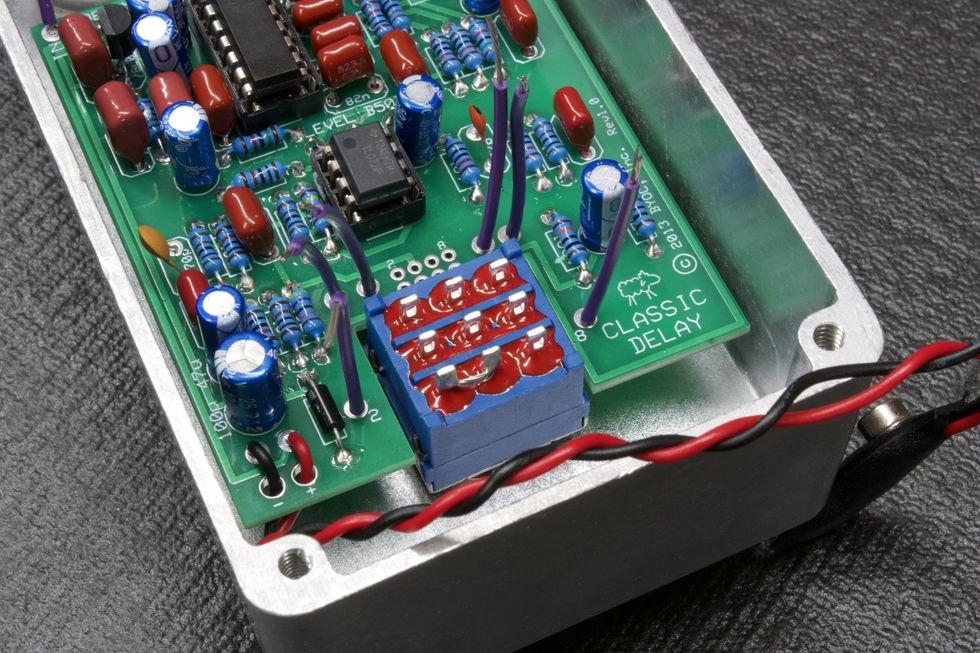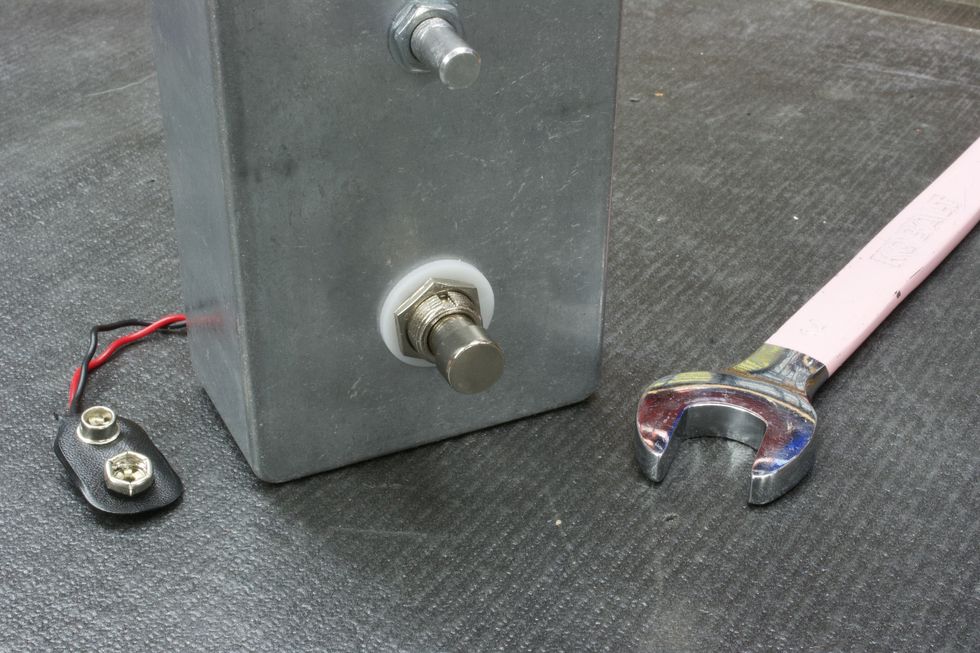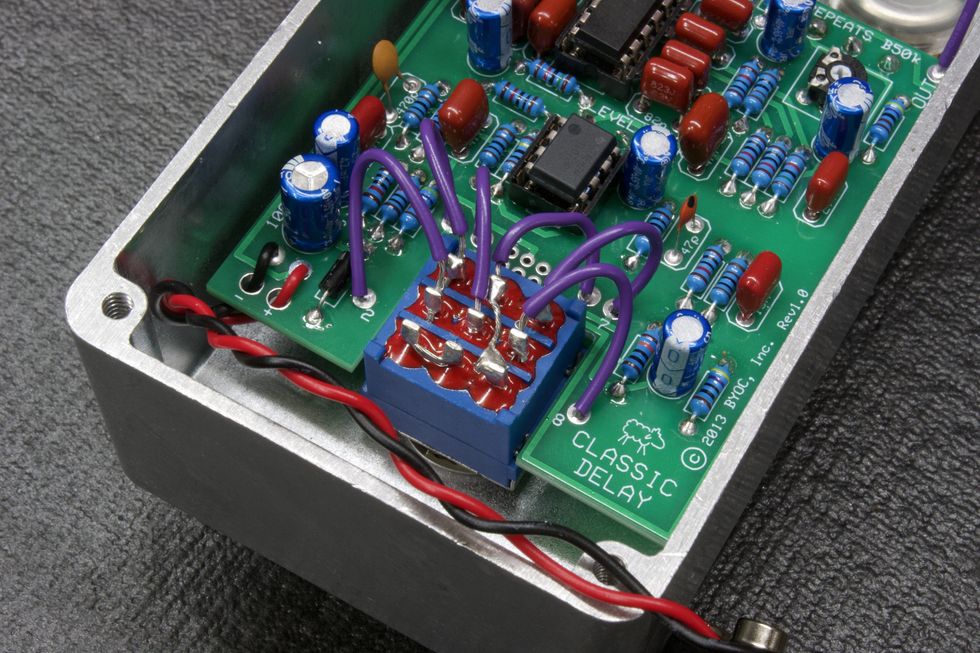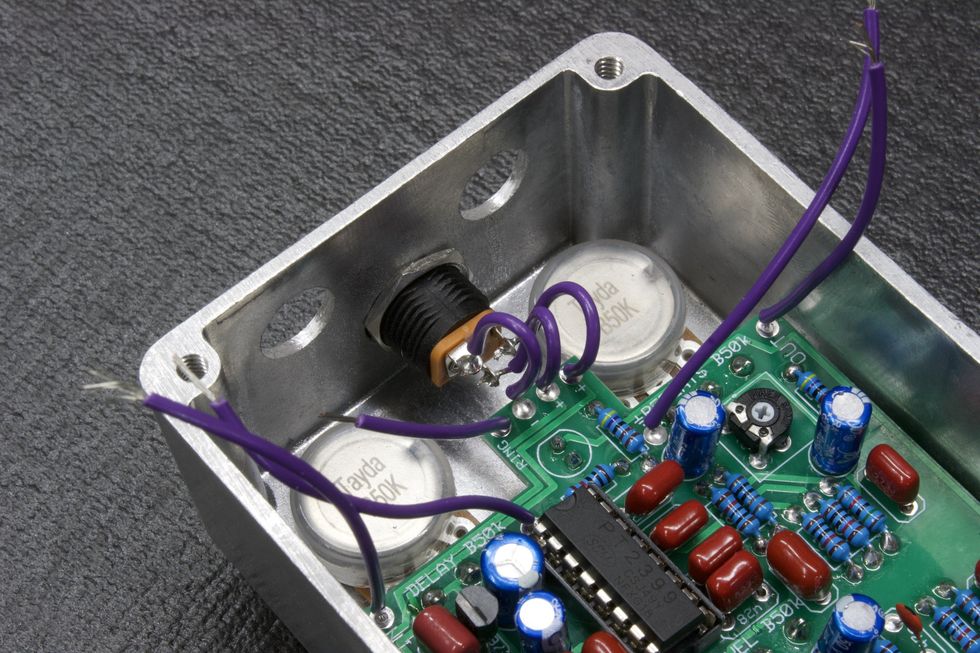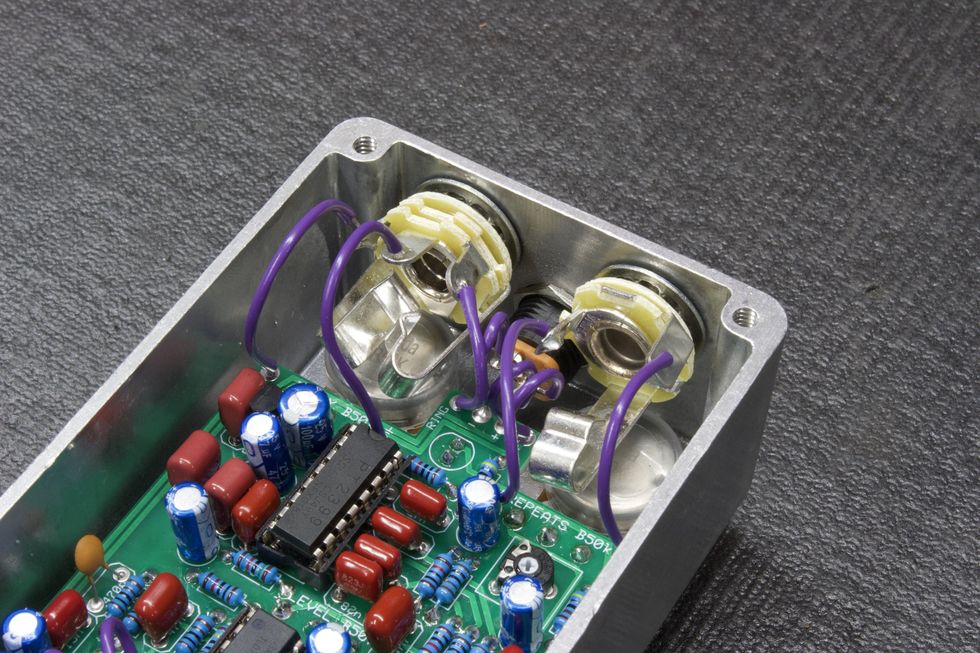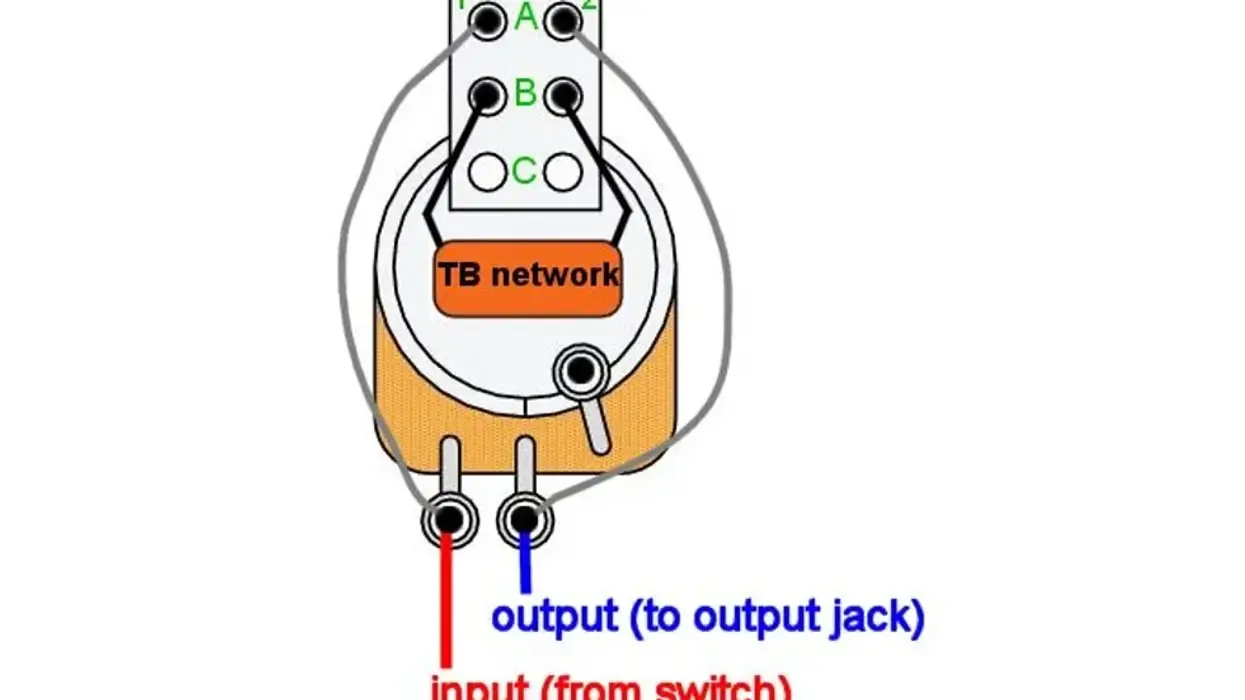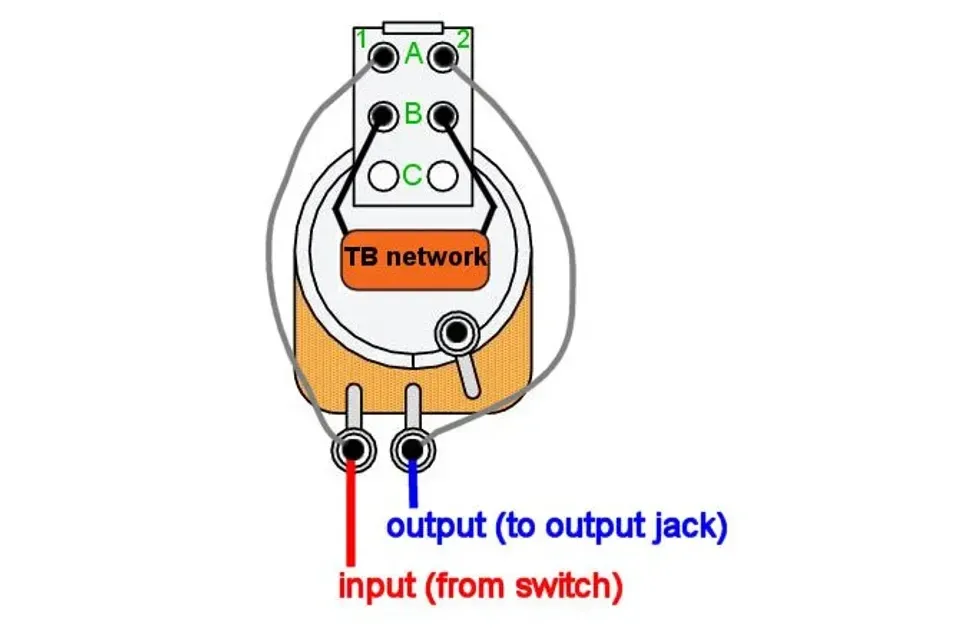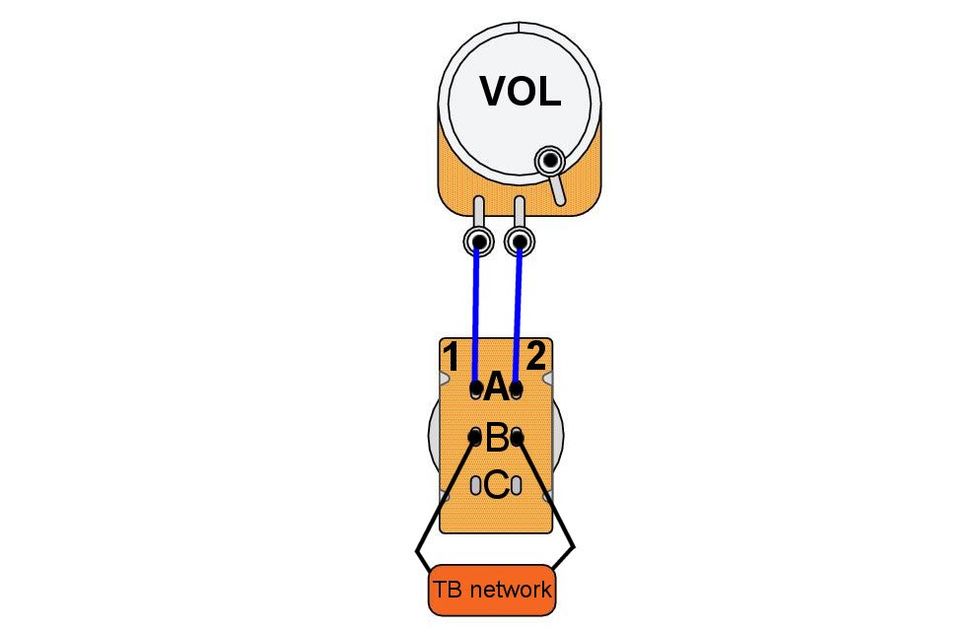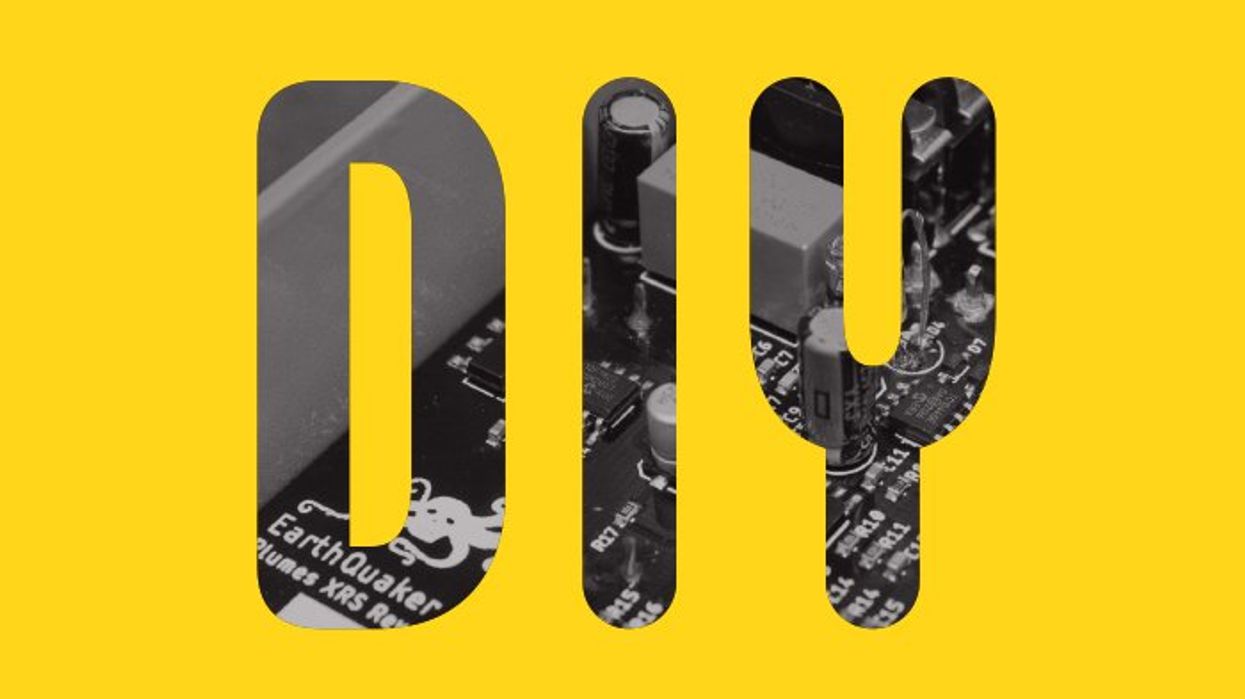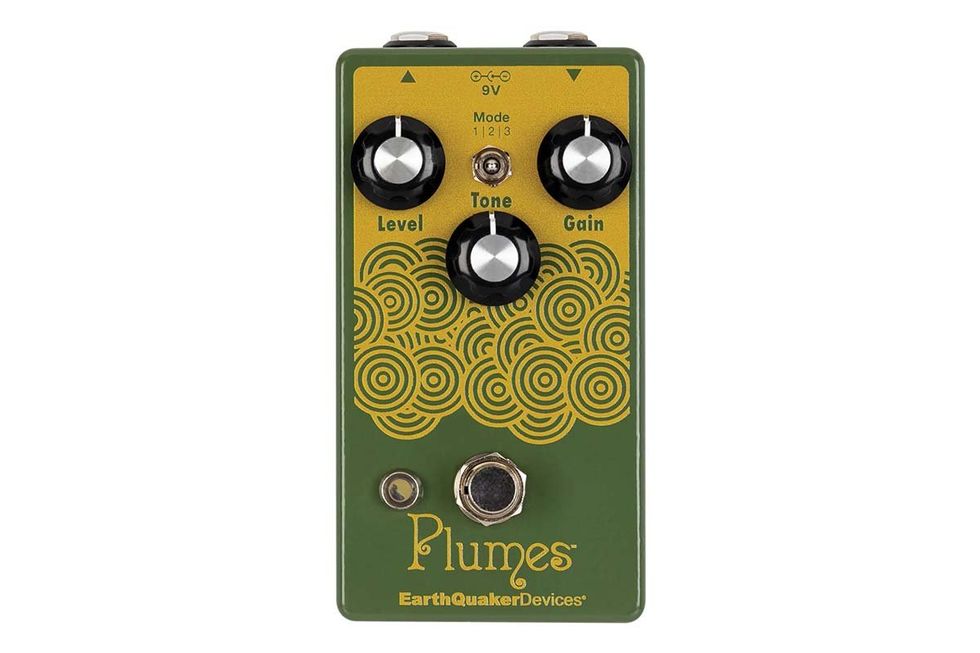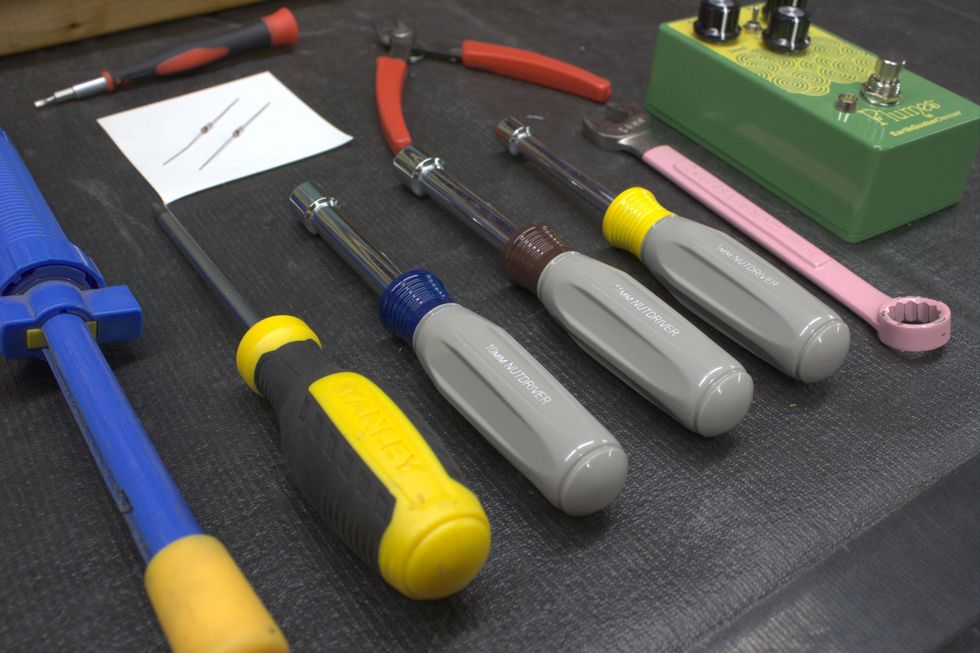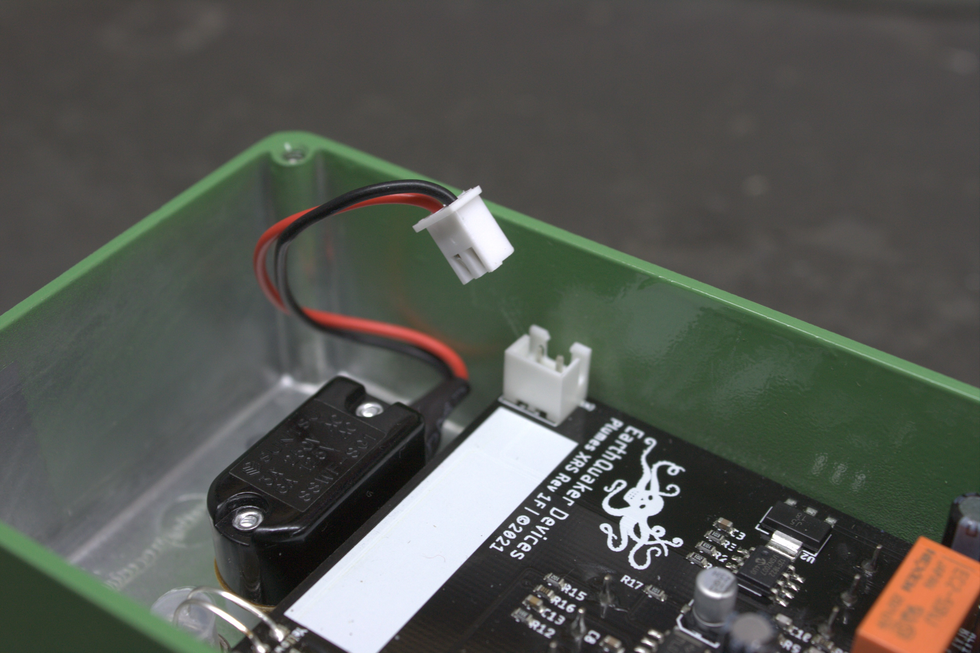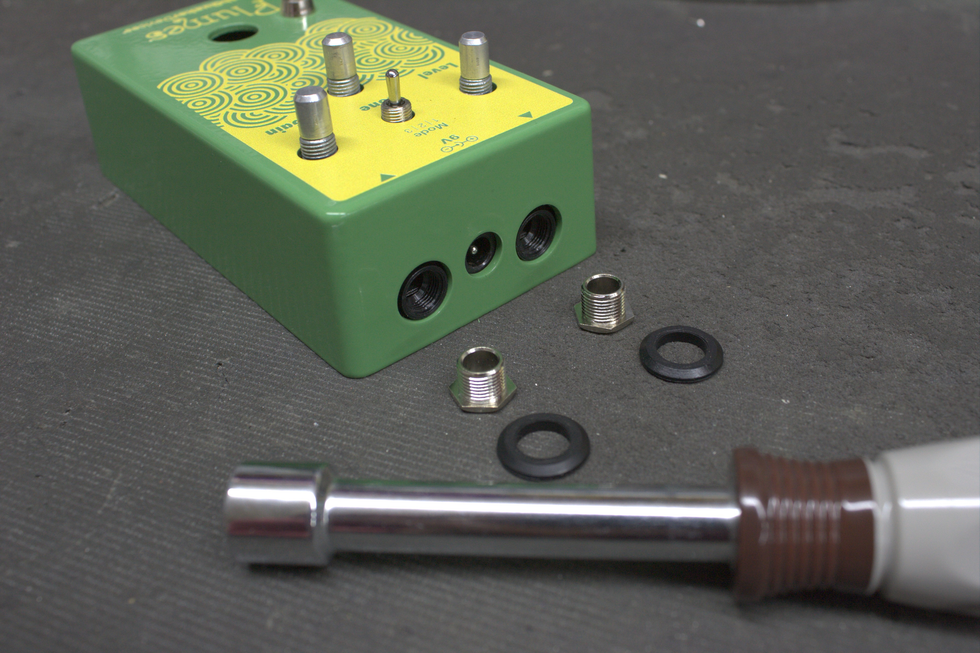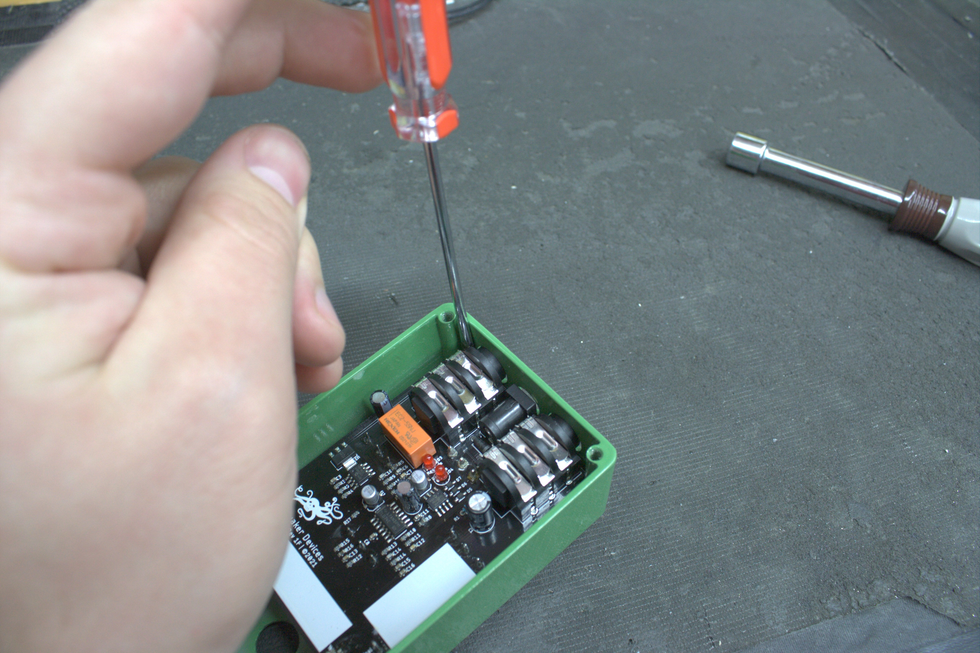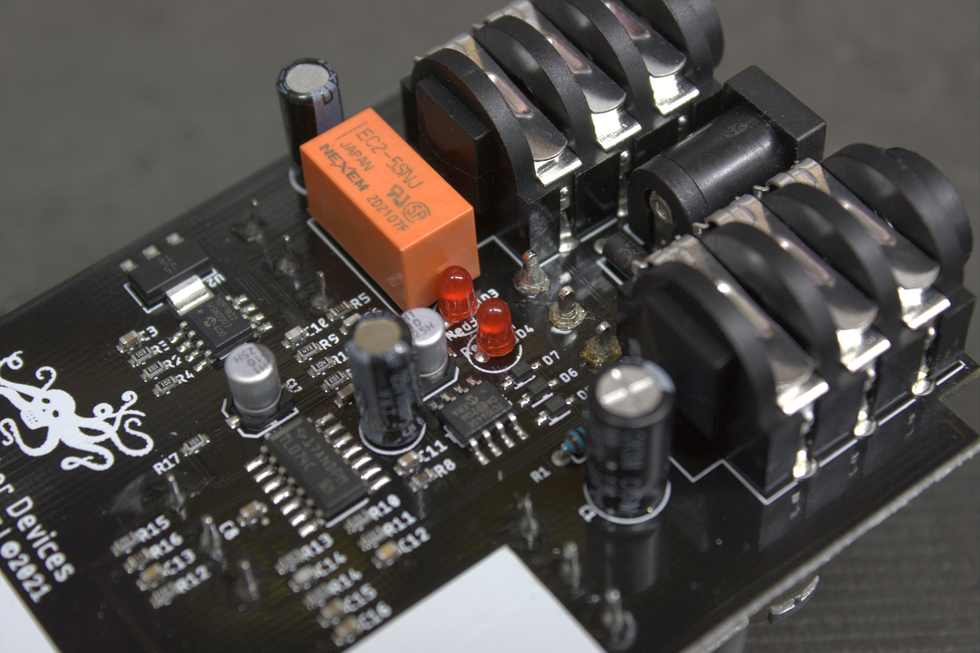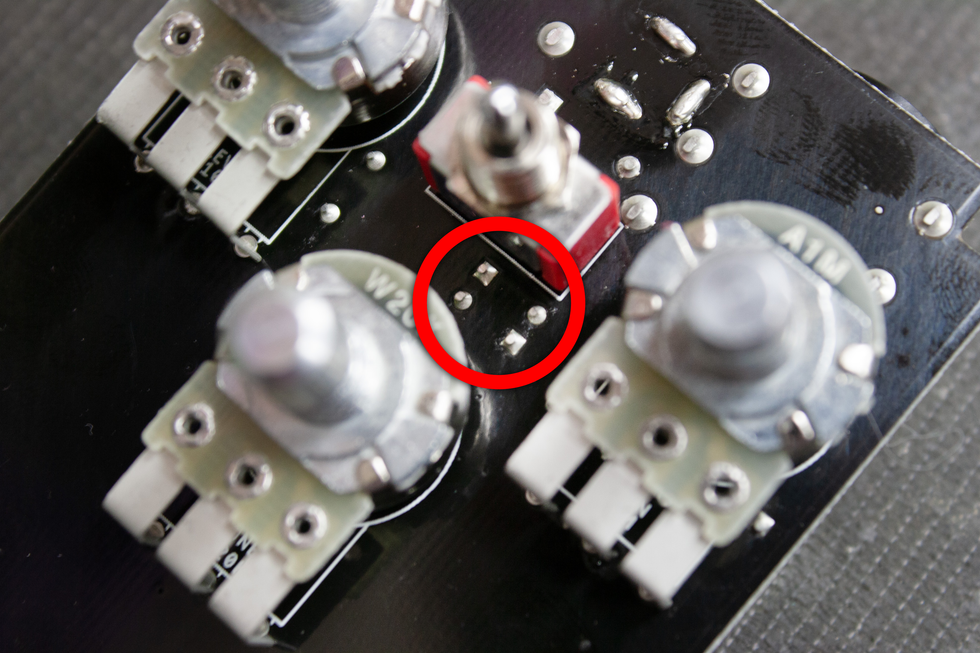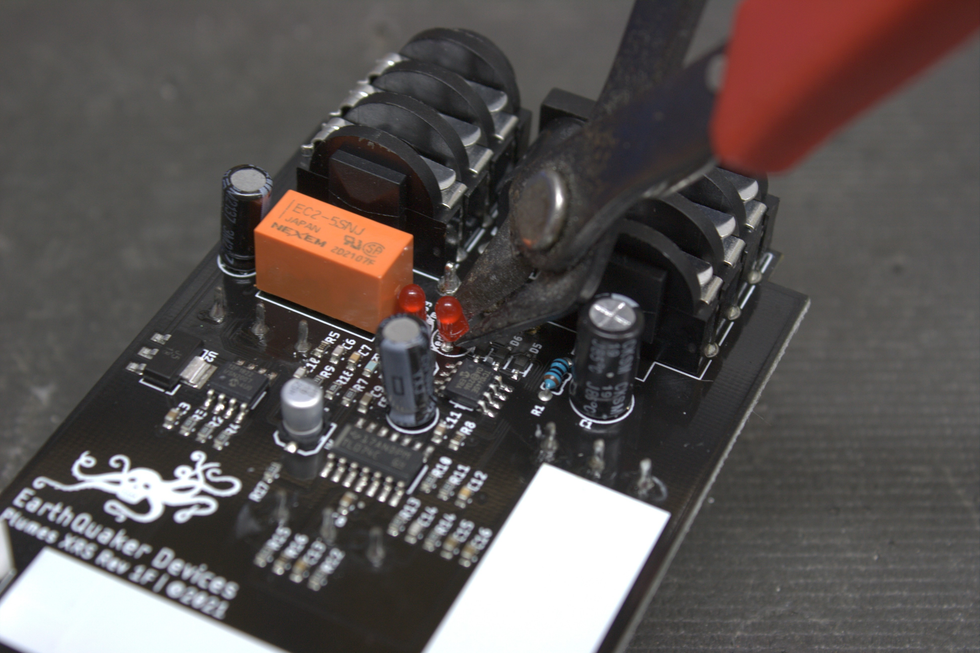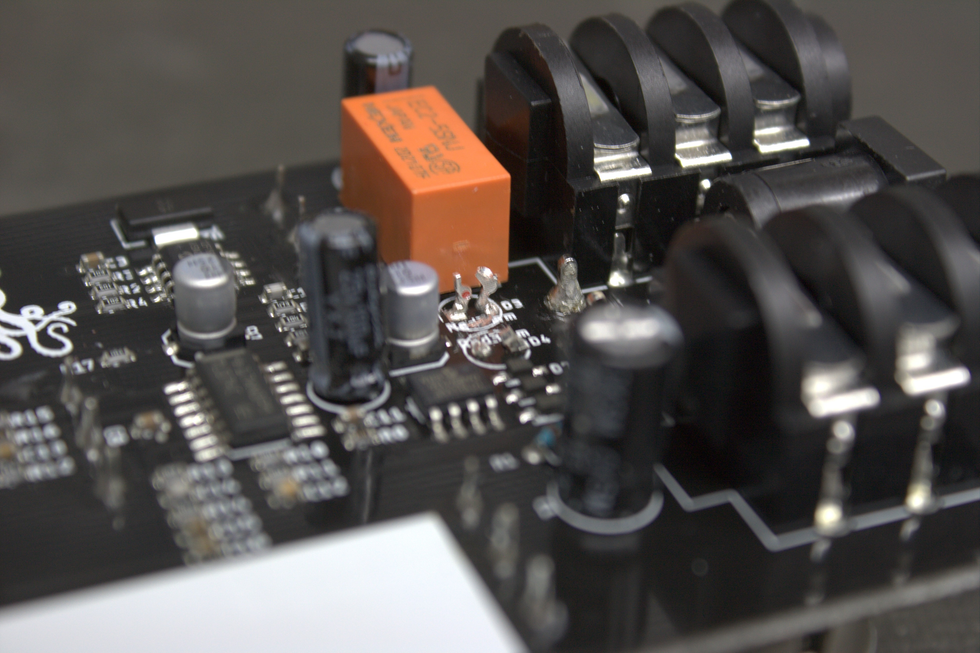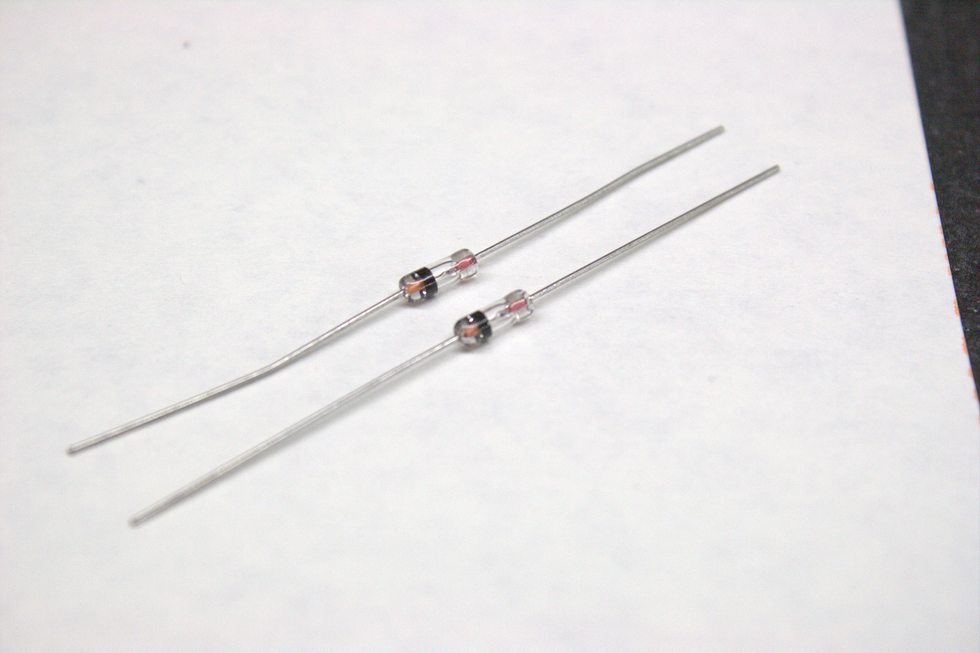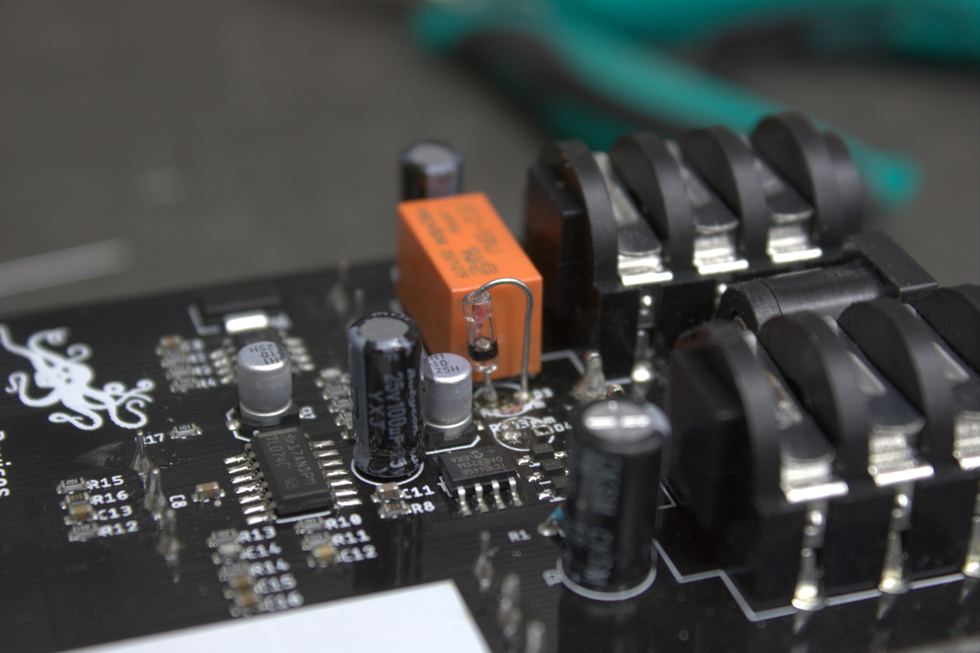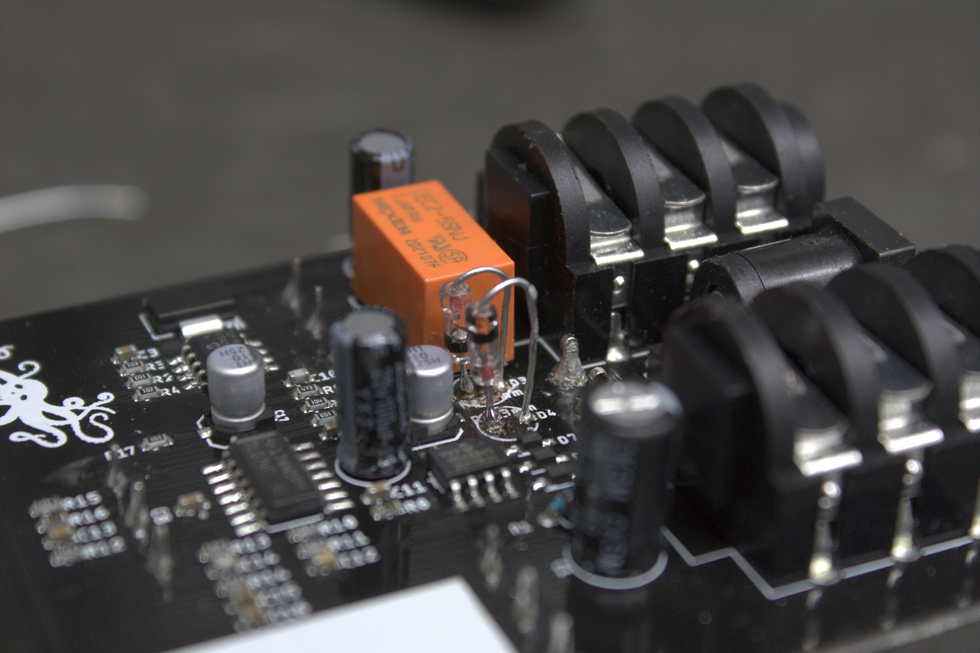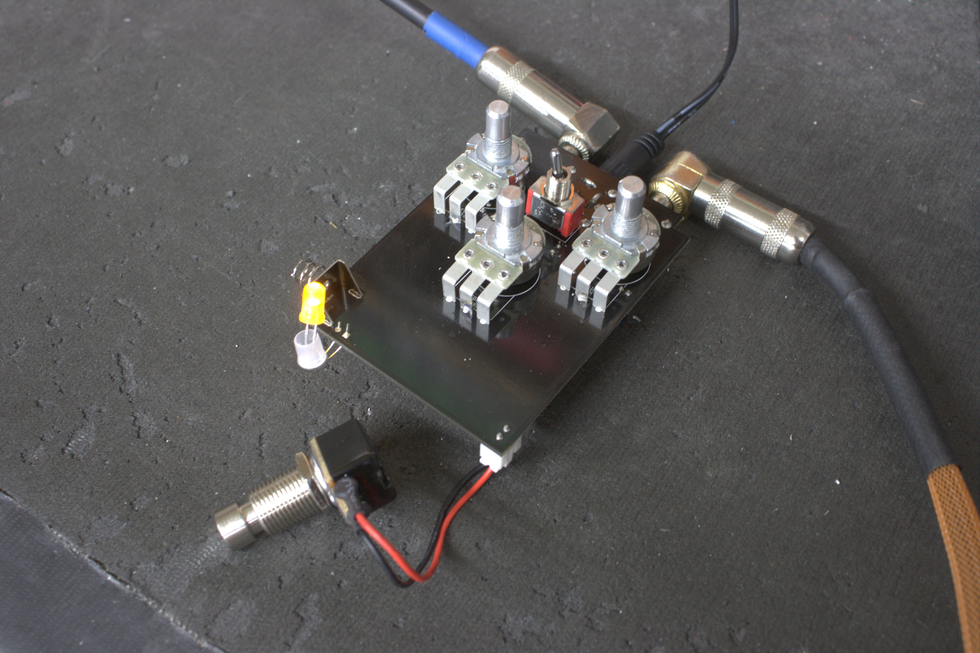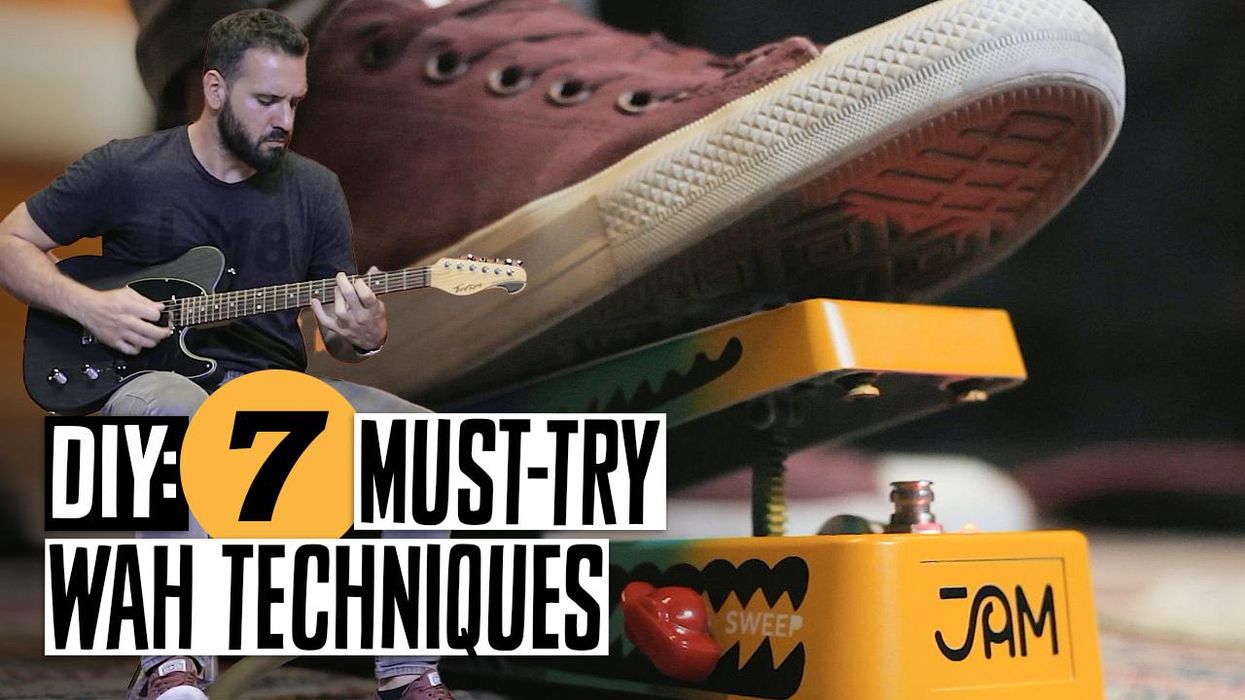I often feel bad for the PG editors when it’s my turn to contribute. Rather than serving up a technical piece on the importance of clean power or how gain pedals with accentuated mids can help you cut through in a band scenario, I apologetically turn in pieces pertaining to how it feels to be in this industry. And this article is no exception. I’ve got a heady topic coming this time, presented in the most informal way I know how.
The central topic this month is none other than net neutrality—aka the principle that lets our company communicate with our customers in the same way that every other guitar pedal company can communicate with their customers. It’s a sweet and level playing field that, at the time of this writing, may be on its way out. Net neutrality is the guiding principle that allows smaller and developing companies—like us—to have a voice at the table.
As a small business owner and, secondarily, a guitar-pedal builder, most of my time is spent trying to get the pedals to the people, rather than in the creation of the pedals themselves. Trying to inform musicians about the toys we feel would assist them in musical creation is where my focus lies. Right now, the e-commerce and social-media landscape is changing. The methods by which we connect with our customers is changing or, possibly more accurately, devolving. A looming concern for myself, and I would assume for most internet-based small businesses, is the threat of the loss of my direct communication and connection with our customers that the loss of net neutrality could mean.
Why is it important at my level? Well, everyone has a story to tell—an angle in which to present themselves. It may be how they’ve made it this far, or wound up in a situation, or walked through a fortuitous door that thereby changed their lives forever. Some of it may be truth or a strained version of the truth. Or it might be pure embellishment: a stimulant to an important, although anticlimactic, part of an organization’s development.
That’s not really the point. True or not, people like a good story. And right now, we have the opportunity to tell that story. That level playing field I mentioned previously can be used to present to anyone willing to read who you are and what you’ve made, for better or worse.
For example, in 2014, we did a major push to tell the initial chapter of the Old Blood Noise Endeavors story via the internet. We presented ourselves in the way we best saw fit through our Squarespace website/webstore and social media, thereby displaying and explaining our devices in the way that made the most sense to us. Some took to it while others passed, but the adventure was underway. Three years later, we’re still going. But I wonder, now more than ever, if we were starting our company in 2018, after finally getting our ducks in a row—developing an interesting, weird product and priming it for release—if there would even be a platform for people to discover us and for us to sell our pedals without having to pay a premium to some big corporation? And having to use that company’s template instead of relying on our own unique perspective to tell our story our own way?
At Old Blood, we have a strong appreciation for other pedal companies’ work. I like to see how other builders present a new design—how they approach its release into the world. Sure, there is a level of calculated marketing involved, but since guitar pedal companies can range from a single bedroom builder to a 50-person, well-oiled machine, watching a product idea appear on my radar out of nowhere and seeing how it fits within the brand of that company, how it compares sonically and aesthetically with previous products from said company, and ultimately how it’s received by the public is all fascinating. Also, as I am first and foremost a gear consumer, I’m interested in it organically. And there’s no extra buy-in. I get to see what that company chooses to show me and I get to decide what my own takeaway is on my own terms—whether it’s buying the pedal or passing for something else. The information is free and accessible. To me, that’s neutral, baby. And that’s necessary. For everybody.




